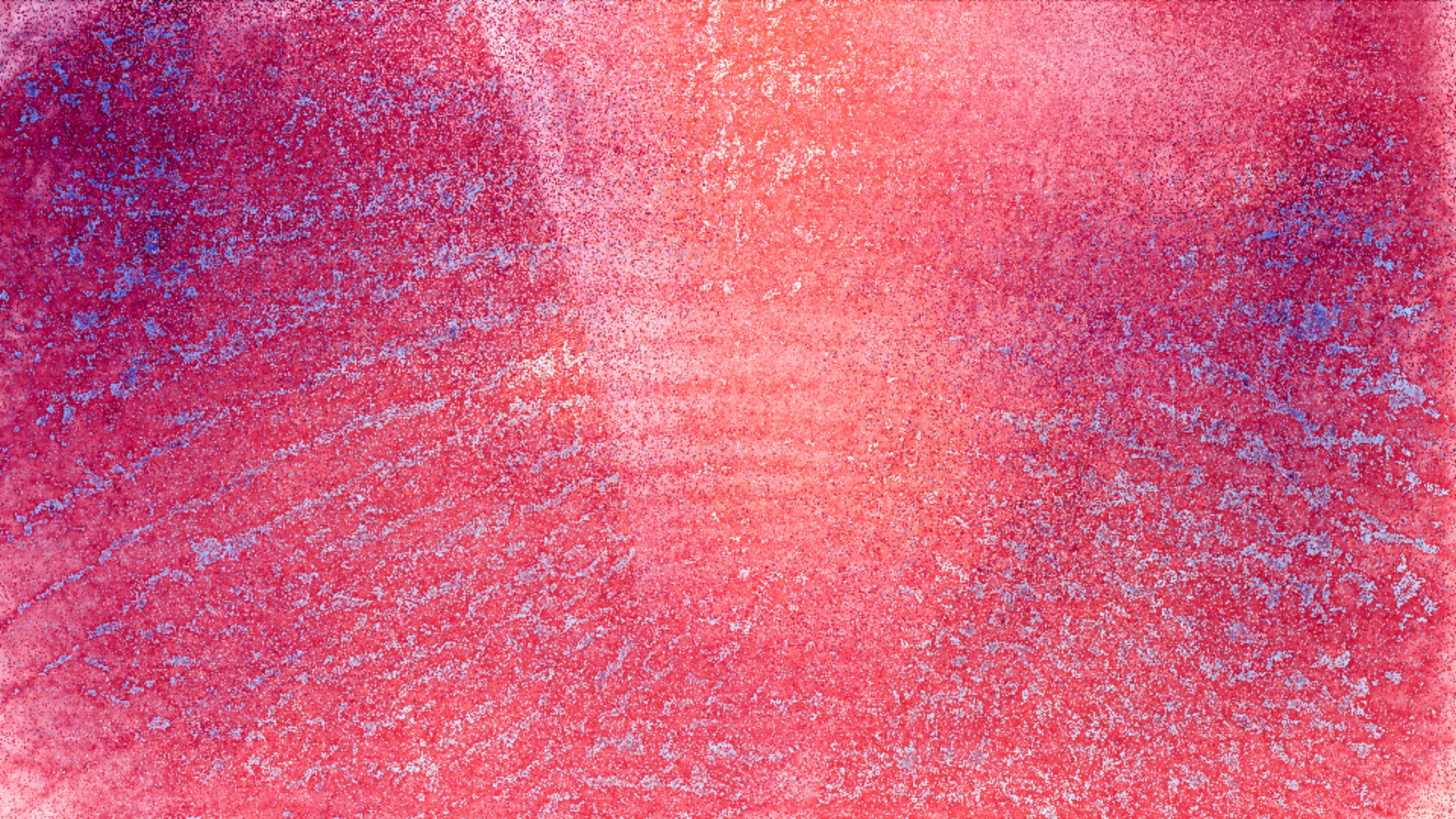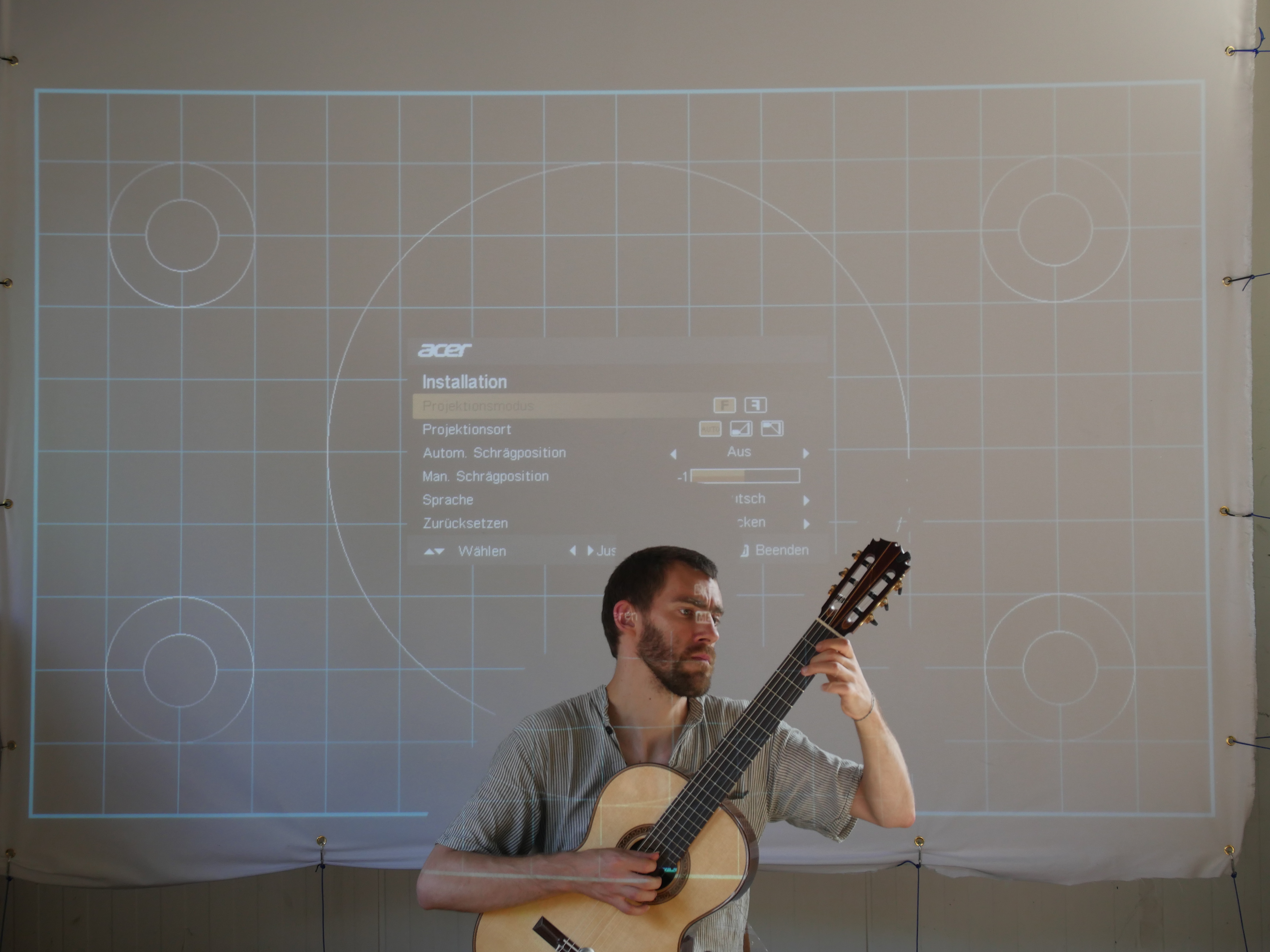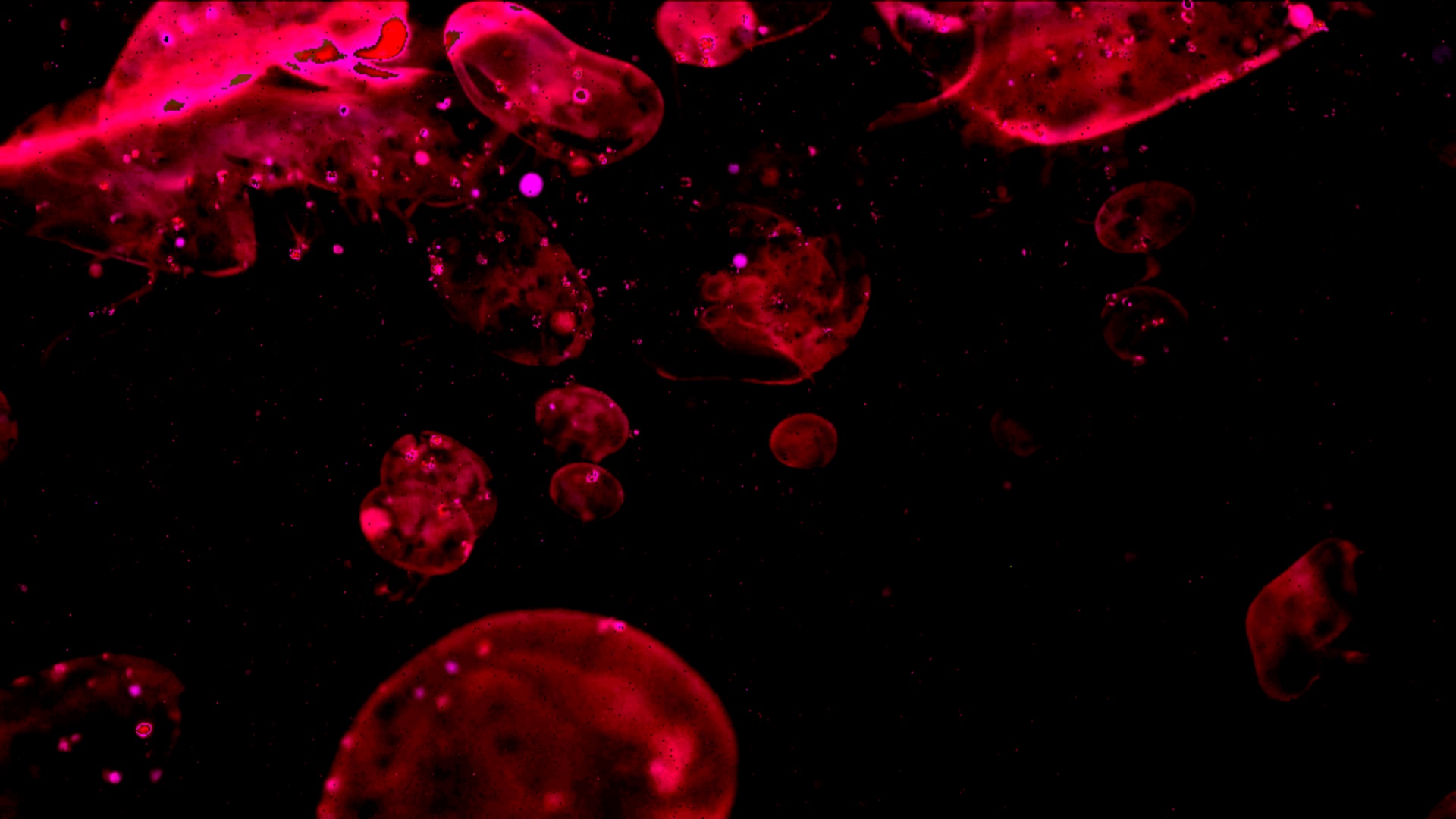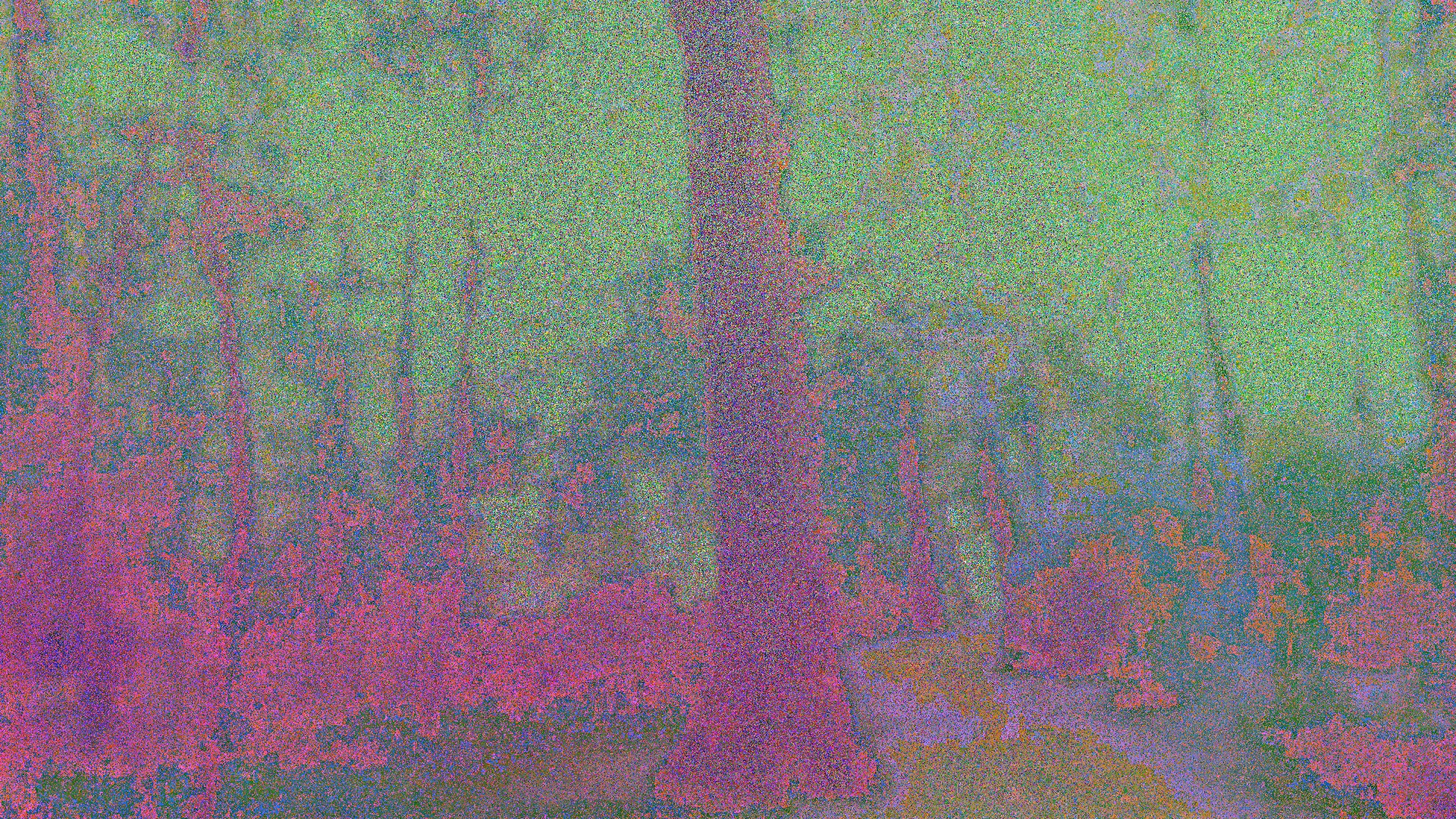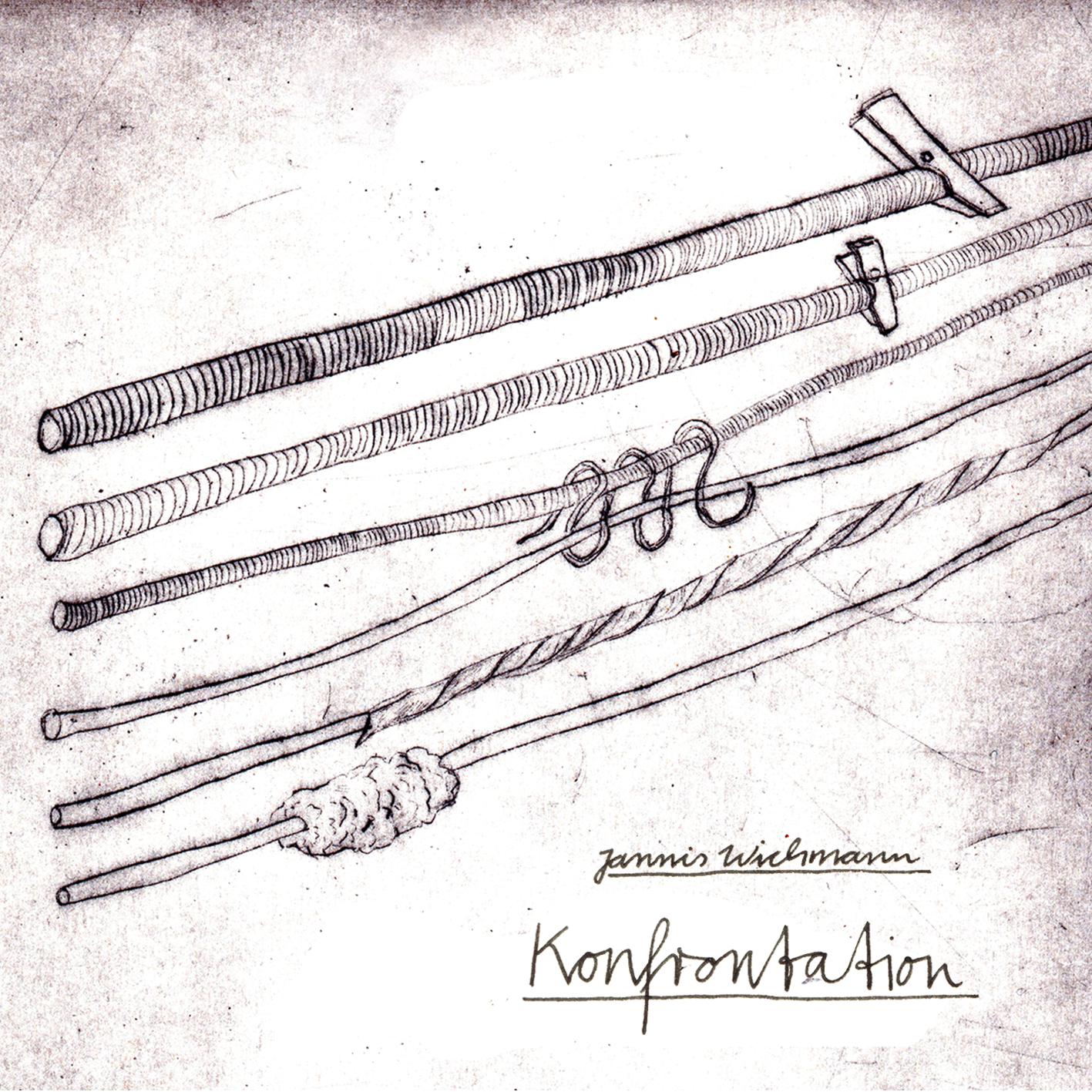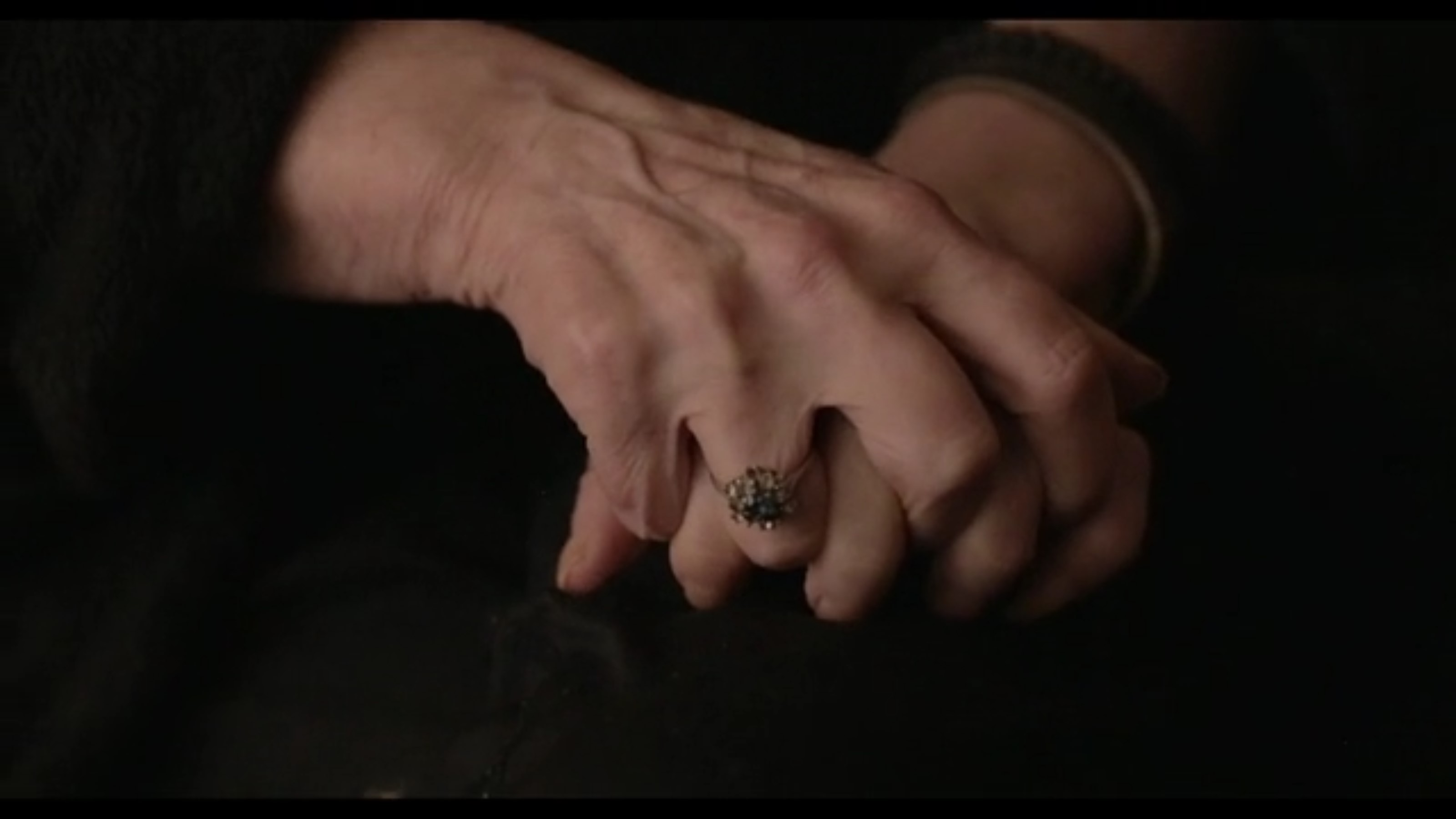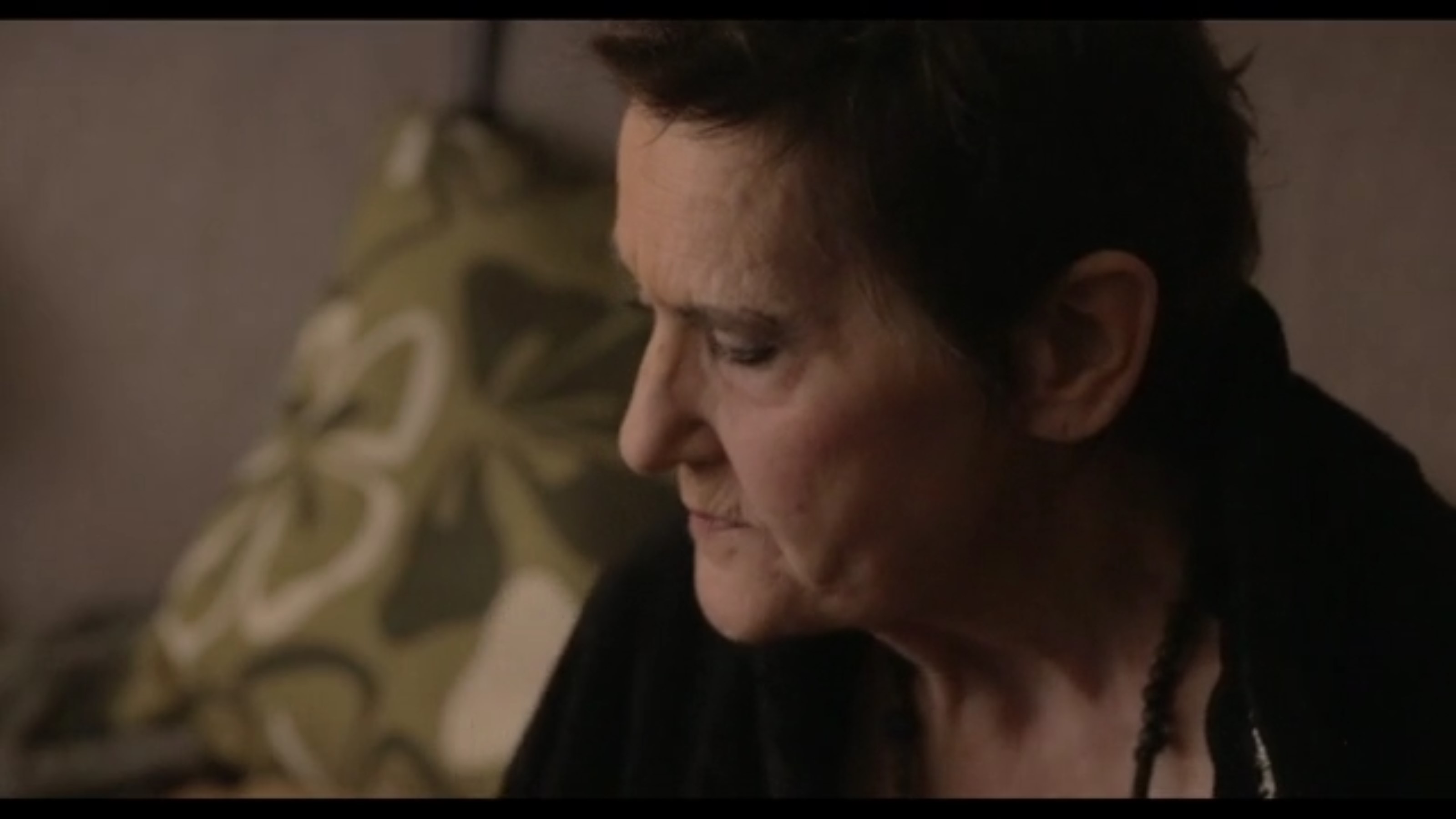Konzert, Band
Meggie Guerini (Mezzosopran) und Jannis Wichmann (Konzertgitarre) präsentieren ein entspanntes und zugleich aufregendes Konzert mit Liedern aus Renaissance und Moderne, sowie mit Kompositionen für Gitarre solo.
Samstag, 14. Juni
16:00 – 17:00 Uhr
Stadtteilbüro Wilhelmsburg Ost


Herzliche Einladung an alle, die in Hamburg sind:
Am 11. und 12. April spielen wir im Poolhaus Blankenese ein neues Stück über die Themen unserer Zeit. Gewohnt tiefgründig und in einer vom Surrealismus inspirierten, sinnlichen Atmosphäre.
SIE | Anna Senda-Pimentel
ER | Joël Vuik
Gitarren | Jannis Wichmann
Harfe | Lucie Spedicato
Violine | Yaodong Zhang Zhou
Text, Musik und Regie | Jari Niesner (jari.)
Kostüme | Caroline Elisa Packenius
Bühne | Anthoula Bourna
Einlass: 19.00, Beginn: 19.30
Dauer ca 1 Stunde
Ort: Poolhaus Blankenese
Mal ein anderes Konzert:
Am 27.2. spiele ich mit meiner Band batwork auf der MS Stubnitz:
website, research ,
research, concert format ,
audiobook
Vincenzo Pocci has listed over 60,000 guitar works since 1900 in his 36th catalogue of 2021. It had long been obvious that great opportunities for visualisation and research possibilities would lie in a systematic evaluation of the catalogue according to female composers*. In October 2023, Jannis Wichmann dedicated himself to this task and created a "Catalog of Female Composers" from Pocci's years of hard work.
More than 2,400 works are recorded there, sorted by author with details of title, publisher and instrumentation. It includes all works in which the guitar appears, so it is not limited to solo compositions. In the future, the catalogue will be expanded to include works from the 19th century as well as the life data of the female composers*.
Further information and the catalogue can be found here.
See also: Vincenzo Pocci
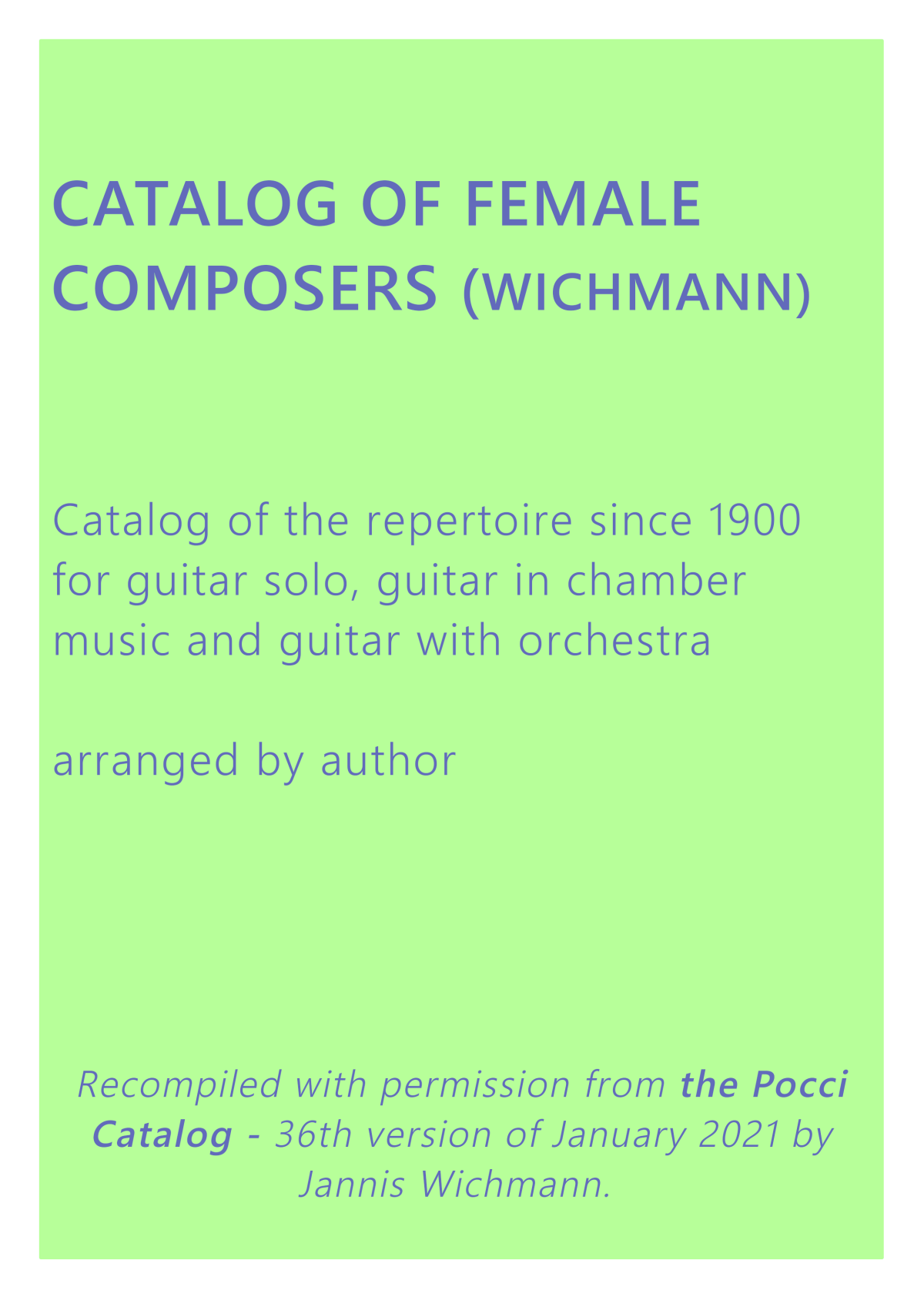
Over the turn of the year 22/23 I recorded these three small works by Lisanella Gentili in my studio. I have known these miniatures for a long time and enjoy playing them very much. They fascinate me because they are full of colours and play with old and new musical influences and ideas. And all this in a very small space.
In the course of my research on female guitarists of the 19th and 20th centuries, the fact that the authorship and the context of origin of these works so vehemently elude any access has always inspired and angered me.
Even after very intensive and ever new research in Italian music journals and magazines between 1890 and 1950, hardly anything can be found out about Lisanella Gentili. The three compositions were published in the Italian magazine for plucked instruments "Il Plettro" (Milan) in 1928 and 1929. The Impromptu is dedicated to the pianist Elsa Ferlazzo, who demonstrably existed and won the gold medal at a piano competition in Athens in 1940, for example. At the beginning of the 20th century, there is evidence of several musicians in Italy with the surname Gentili. However. The origin of the works lies in the time of Italian fascism, and perhaps there were good reasons to be careful with one's own name.
The recordings were played on a guitar by Mathias Simon from 1906 (it is not the guitar on the cover). The instrument is built in the romantic style, so it is rather small, but still powerful and melodious.
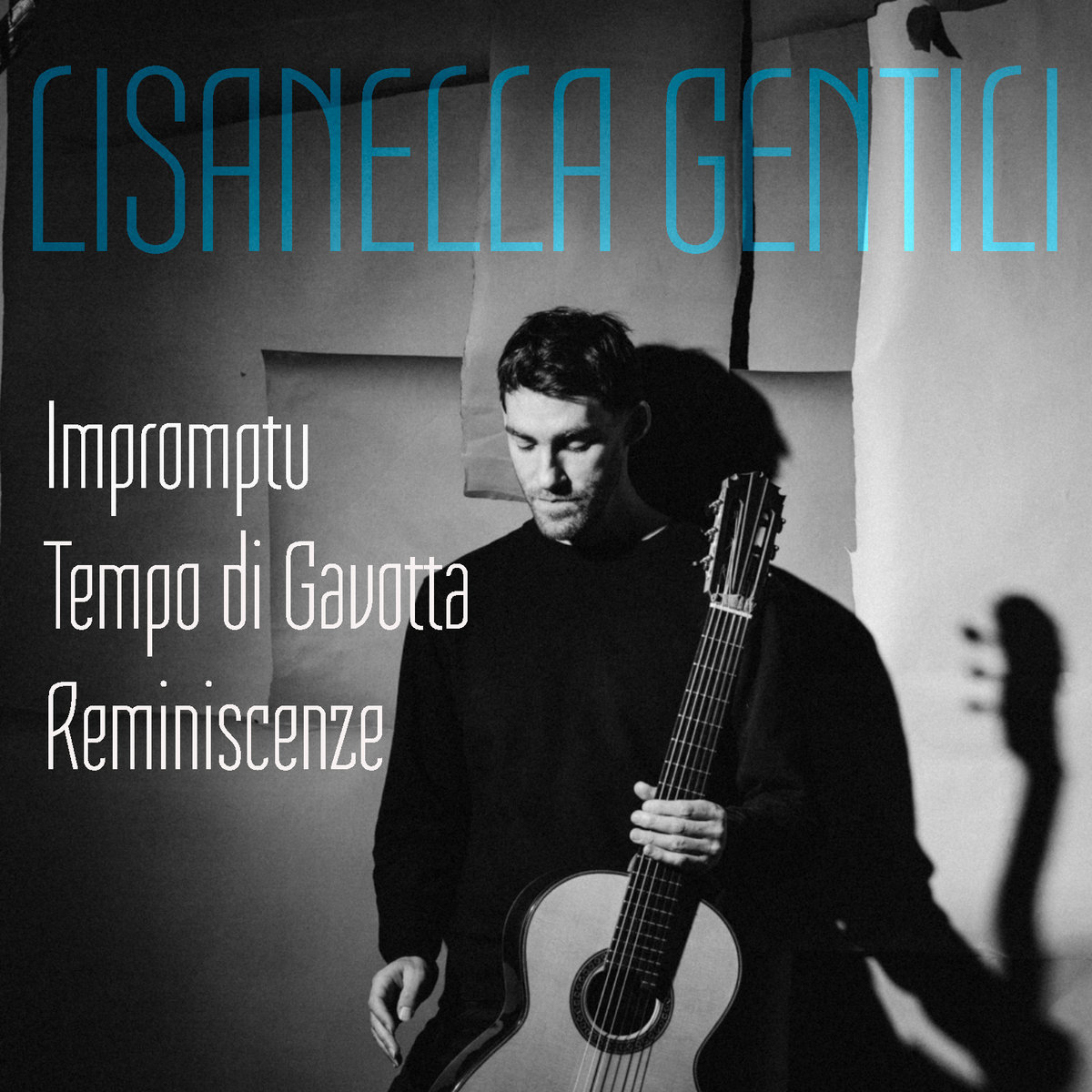
"Guitaristic Cyborgs" is the project name of a research on works for guitar and electronics with a special focus on female composers. More than 60 works were collected, sifted, ordered and details researched. These results are published on the website https://guitarcyborgs.cargo.site/.
The aim is to provide quick access to works for guitar and electronics and to background information and the composers. With the intention that the canon/repertoire of the classical guitar may expand even more. And that this wonderful outsider instrument connects even more with the 21st century.
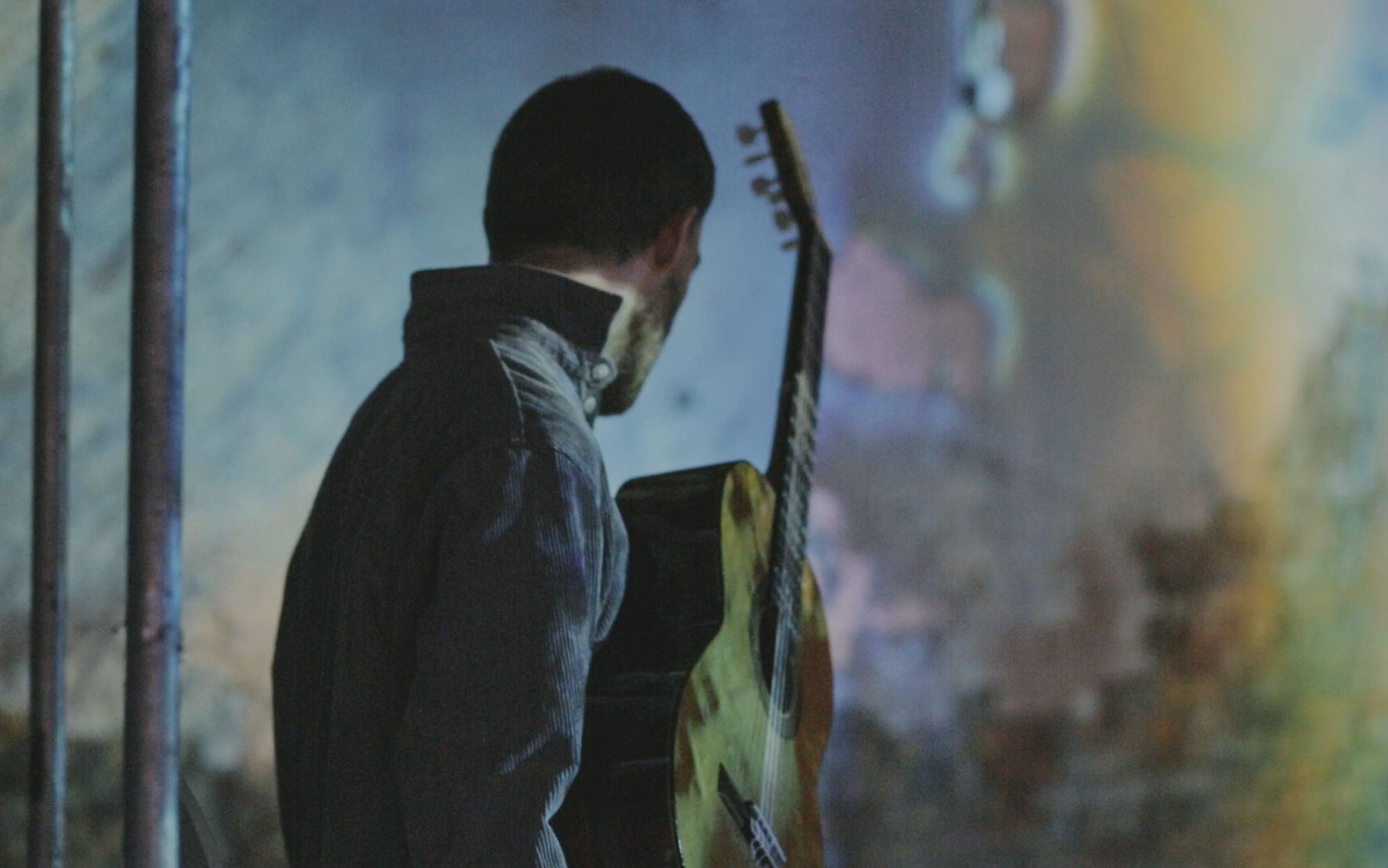
The research also resulted in a concert format that was presented for the first time at PARKS in August 2022 and visually accompanied by Katrin Bethge with overhead projections.
The live recording was released as an album on Bandcamp.
https://janniswichmann.bandcamp.com/album/guitaristic-cyborx-works-for-guitar-and-electronics-live-recording
Thanks to all involved:
Katrin Bethge (visuals)
Insa Kühlcke (poster)
Viola Maiwald (camera, film)
Gulzat Matisakova (camera)
M1 Kollektiv
PARKS (<3)
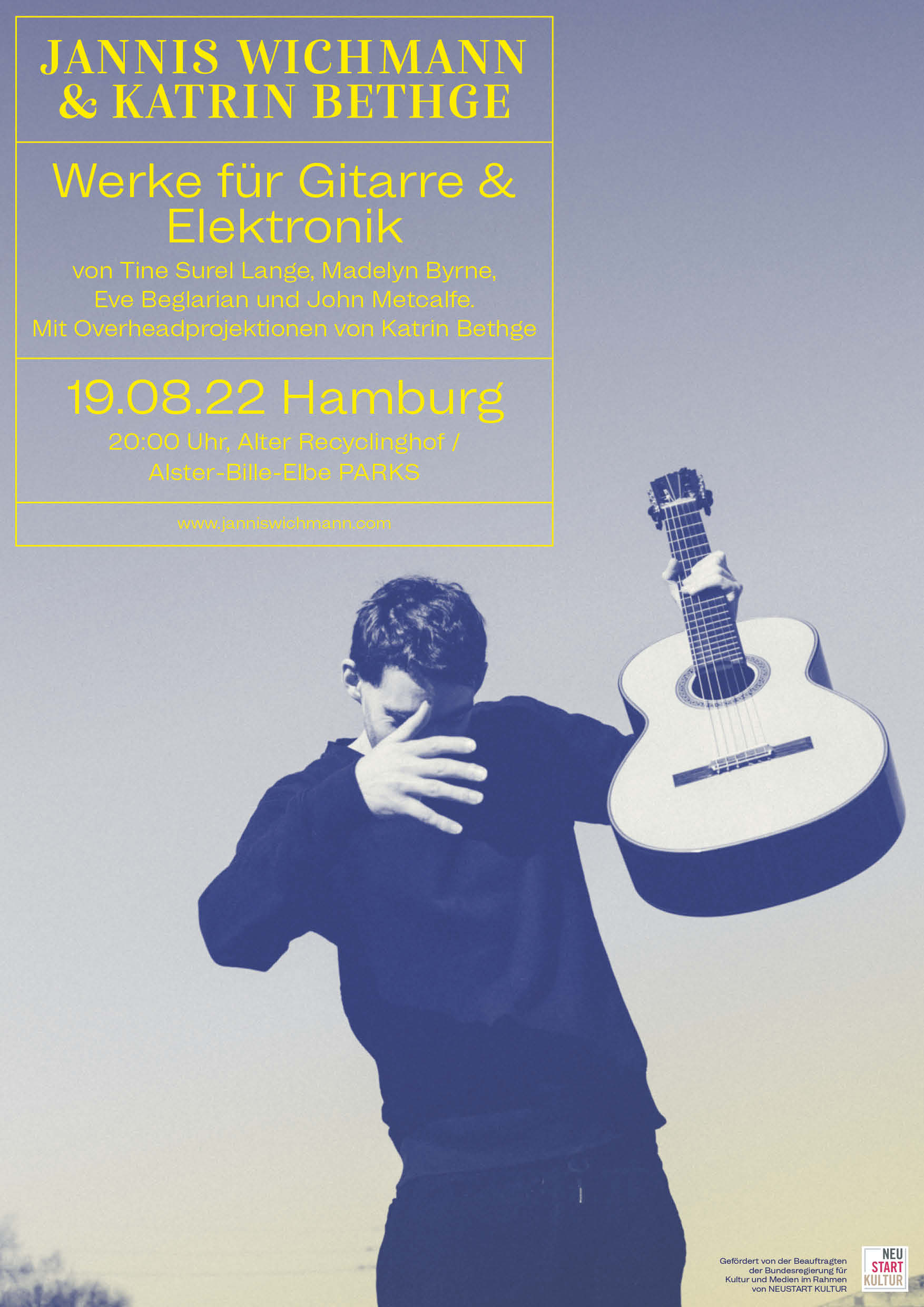
I composed and recorded the piece "polar (glow in the dark)" for classical guitar and soundfile in September 2022 for the polar sounds project. The project was initiated by Stuart Fowkes in 2022 (Cities and Memory) in cooperation with the Alfred Wegener Institute/Helmholtz Center for Polar and Marine Research. Musicians were invited to write and record a composition to a scientific field recording from the polar ice and to artistically address the issues of sustainability and climate change in their discipline.
I chose field recording No. 43, from which I created the sound file for my composition. Originally this field recording it is a two-minute recording of arctic seismic shooting that occur at regular intervals of about 12 sec. Seismic shooting is used for exploring the seafloor for oil and gas depostits. The shots are sent from ships and the echoes are analysed with the help of underwater microphones. Not only the exploitation of resources but also the search for them has destructive consequences for marine life.
Send me an eMail if you are interested in the score and the soundfile.
The sound file is published under the following conditions:
CC-BY 4.0 Alfred Wegener Institute, Helmholtz Center for Polar and Marine Research 2022
As part of "Finn & das unsortierte Orchester" (=the unsorted orchestra) I was on tour all over Germany in 2013. Together with the award-winning writer Finn-Ole Heinrich, we had put together a programme that was everything: reading, concert, installation, performance, saw craft & a pinch of carnival. A programme that went to the legs, that was fun and touching, that tickled ears, eyes and hips, where sweets flew and yet was anything but shallow and light. A programme that got under your skin and hurt in all the right places. Serious and funny. Tragic and comical. Unsorted and tidy.
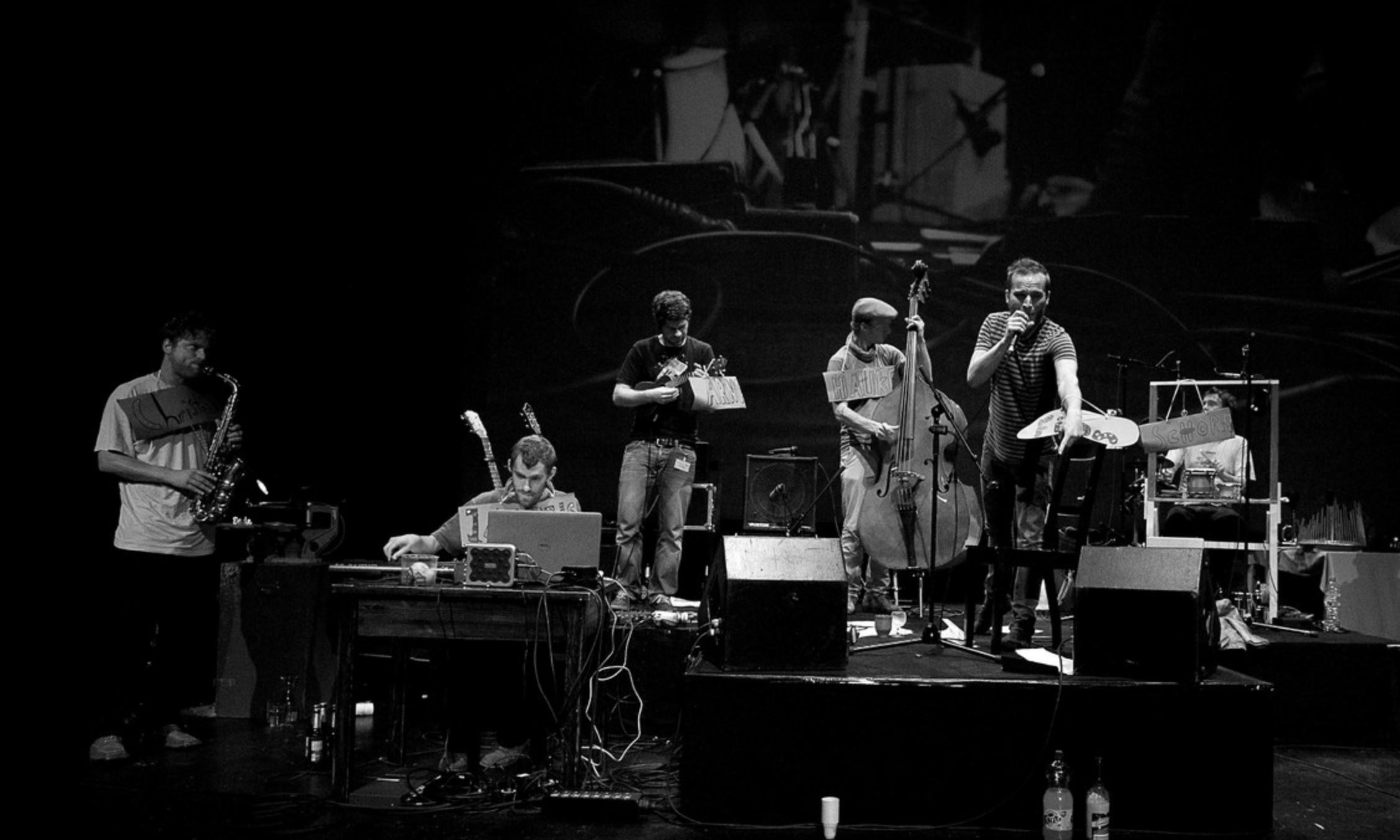
Now, almost ten years later, after everyone has continued to unsort professionally, it's finally round two. We're in the forest catching bird calls, surrounding the Reuber, practising luffuddern and coming back to civilisation around autumn 23. With new tracks, new programme, as usual unsorted and badly coiffed.
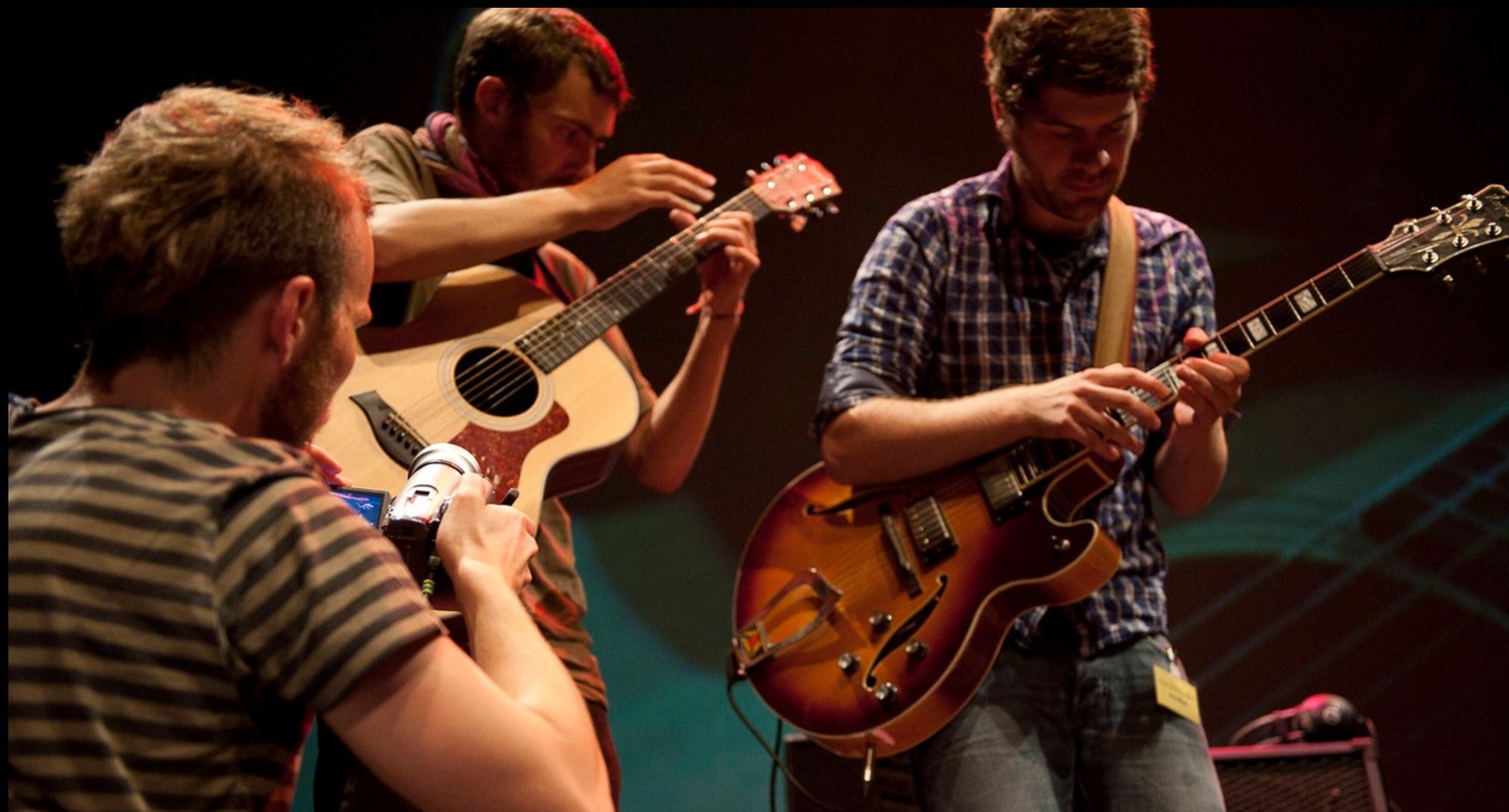
On the album, works by 5 great and partly unknown composers meet recordings of special places and hidden everyday sounds. Each composition is preceded by its own field recording.
The album "Field Recordings #Guitarworks" was released in November 2021 and presented to the public at a CD release concert at the Hamburger Gitarren Tage.
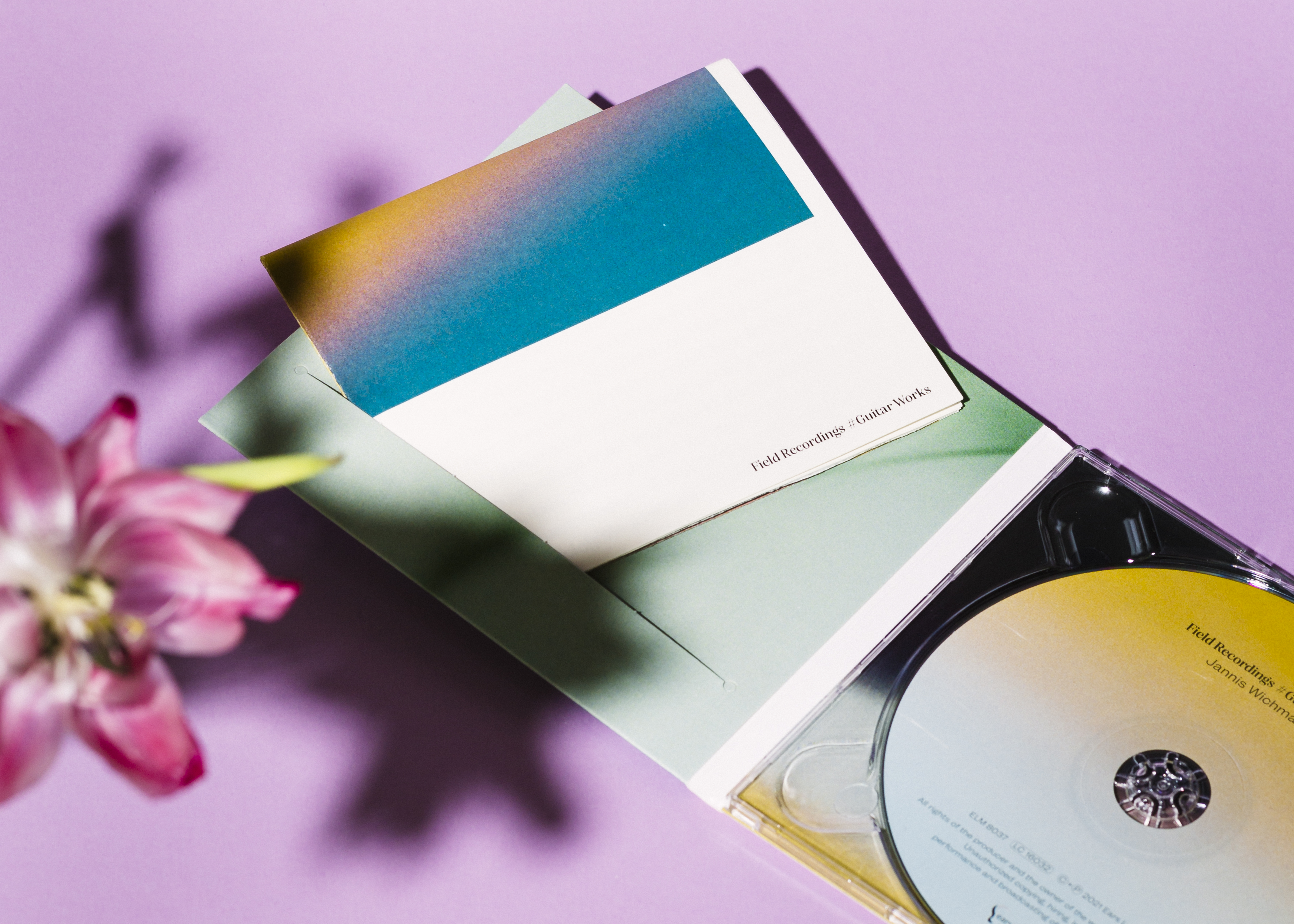
The choice of works already provides a wide musical range: From the dream sequences and states of insomnia in Benjamin Britten's Nocturnal. To Frangiz Ali-zade's Fantasy, in which Azerbaijani folk music and Spanish guitar fuse in mutual respect. To the fragile and expressive Méralo by Leni Alexander, to which one can hear that there will be no more beautiful music for her after Ausschwitz. Then the abysmal yet light-footed Tides of a current flowing, in which Vivienne Olive sets a poem by Walt Whitman to music and raises the questions of human existence. Then there is the homage to the Japanese kugo harp by Akira Ifukube, composer of the first Godzilla films, in which Eastern and Western musical traditions once again join hands.
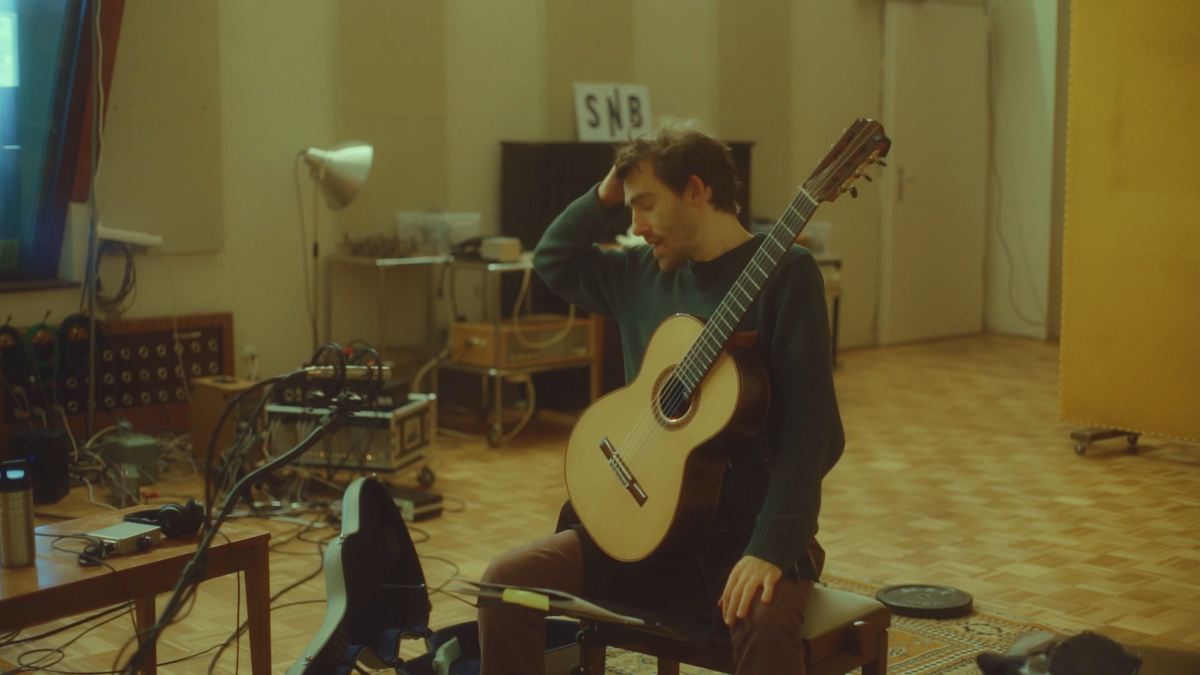
Each composition is introduced - live and on the album - by its own field recording. If you want to know what is behind the sounds and why this assignment was made, please scroll all the way down.
The CD production was financed via a successful crowdfunding.
If you would like to buy a CD, write me an eMail, support the label "Ears Love Music" or the distributionby ordering there. You can also find the music on bandcamp and, if you must, also on Spotify.
The CD project was funded by the Claussen-Simon-Stiftung.
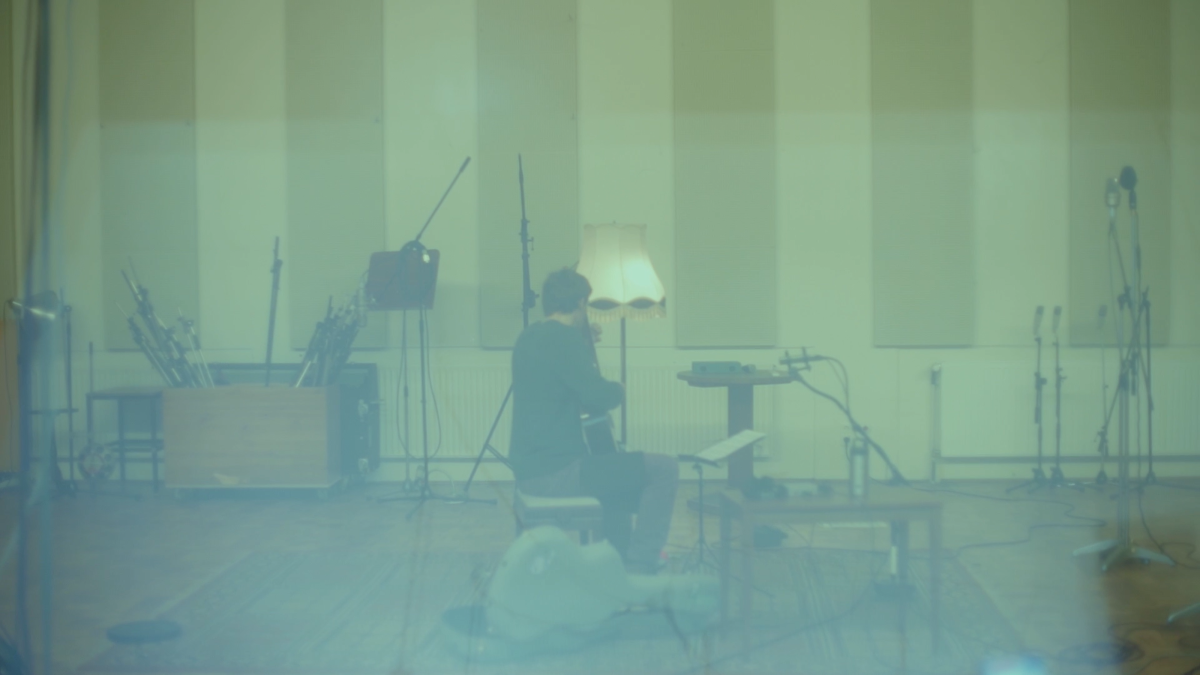
Without the support of many different people, this project would not exist. Thanks especially to:
Jana Beckmann, Finn-Ole Heinrich, Gregor Henning and Studio Nord Bremen, Lennart Jäger, Insa Kühlcke-Schmoldt, Marf Mabo, Viola Maiwald, Joël Vuik, Rica Zinn, the supporters and participants of the crowdfunding, the Denkort Bunker Valentin and the MS Stubnitz. Special thanks to the Claussen-Simon-Stiftung and Christian Moritz as well as to Prof. Jens Wagner and Pia Gazarek Offermann for their long-term support.
Field Recordings #Guitar Works
Jannis Wichmann
Recorded and produced at Studio Nord Bremen.
Guitar: Jannis Wichmann
Recording/Mix: Lennart Jäger
Mix/Mastering: Gregor Hennig
Graphics: Insa Kühlcke-Schmoldt (Káschem Büro), Photography: Viola Maiwald
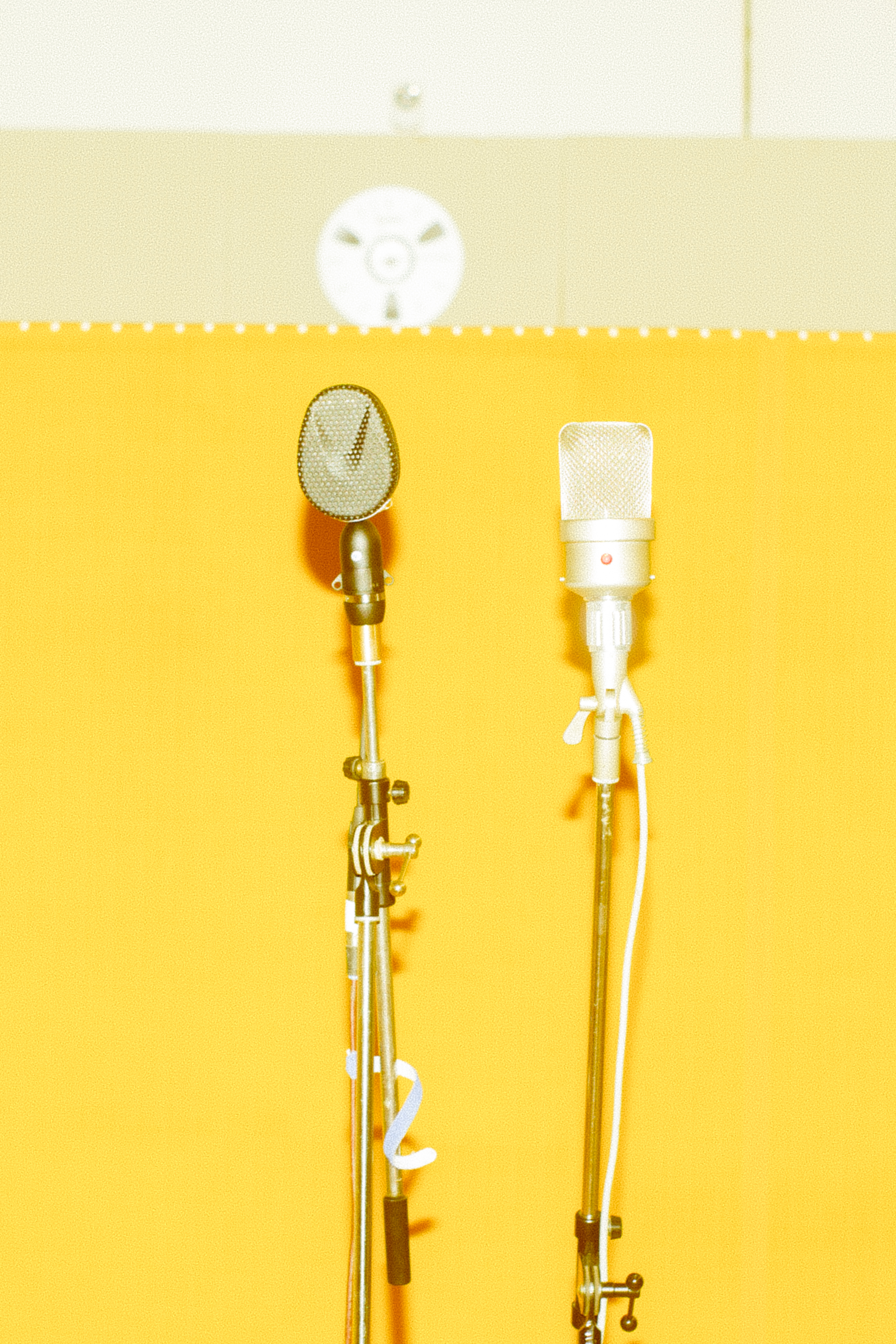
Field Recording I:
The Hamburg winter of 2020 was exceptionally cold, so that the canals and tributaries of the Elbe were frozen. At a spot in Wilhelmsburg I experimented with different recording settings and discovered very beautiful sounds that cannot be perceived with the naked ear. Field Recording I was created by placing small, highly sensitive lavalier microphones on the ice plates. Rising wind pushed the ice plates to the shore, causing them to grate and squeak against each other. The wind also swept bushes and wood debris across the ice plates, and a pack of seagulls also contributes to opening the album mysteriously and somewhat sombrely.
Field Recording II:
"Tides of a current flowing" has always been an underwater and night piece for me. The composition refers to a poem by Walt Whitman, where a nocturnal situation is described in which a person, looking into the clouds and stimulated by nature, reflects on the great questions of life. Actually, I was looking for a field recording that takes this theme to a global level and addresses the exploitation of the planet. The current field recording, however, is more like a zoom into the body. We hear an irregular heartbeat and all kinds of water sounds. The recordings were made on a pontoon, with two hydrophones (underwater microphones) and a contact microphone.
Field Recording III:
Akira Ifukube, to whose work "Kugoka" this field recording forms the transition, was not only an extremely successful composer but also a forester. Not only for this reason have I tried to record from the perspective of a tree. "Kugoka" is a tribute to the Kugo harp, which reached Japan many hundreds of years ago, coming from West Asia, and was visited there in a museum of Ifukube. The question that resonates with me when I play the composition has always been: what are we leaving behind for the next generations? This is another reason why this field recording goes back to an adventurous situation with two small-diaphragm microphones in a treetop.
Field Recording IV:
Leni Alexander's music is an absolute break. The music is not meant to be beautiful, it is not meant to be light, it is not meant to entertain. It is meant to shake things up, it seeks confrontation, it makes it clear: after Ausschwitz there can be no more beautiful music. Nevertheless, it can possibly be enjoyed. And in order to understand it as the redemption that new music actually wants to be (or could be?), I tried to find a field recording that demands a lot from the ear. The aim was to record something in which a material is challenged and strained to its limits, sounds that are suffering, exhausting and demanding, that any normal user on Spotify would want to skip immediately. The following Meralo, on the other hand, seems calm, atmospheric and there is room to breathe in the silence between the guitar sounds.
The field recording was made with several contact mics and a geophone at the Landungsbrücken.
Field Recording V:
The field recording was made at the memorial site Bunker Valentin. A brutal, monstrous and seemingly indestructible structure built by the Nazis, who tried to mass-produce submarines there. When I visited the place for the shoot, it had stopped raining outside. Inside, however, it was dripping everywhere on all kinds of surfaces (water, rubble, concrete, earth, metal). For me, "Nocturnal" is a dystopian night piece that depicts nightmarish and sleepless conditions and that finds a very questionable redemption in "heavy sleep".
With the juxtaposition, I would like to formulate a clear stance in addition to many different possible interpretations: Fascism is not an opinion, but a crime.
The website "gitarre-gendern" is a collaborative project initiated by Hannah Lindmaier and me. It focuses on works for classical guitar by female composers and the fact that the teaching and concert canon is still (almost) exclusively composed of male composers.
"gitarre-gendern.de" sees itself as a collaborative work in progress: interested guitarists, guitar teachers and researchers are cordially invited to contribute to the website - in the form of text contributions in the appropriate sections, relevant links and other (networking) ideas.
Feel free to write to:
wichmann@gitarre-gendern.de
Hannah Lindmaier has been working as a university assistant at the Institute for Music Pedagogical Research, Music Didactics and Elementary Music Making at the University of Music and Performing Arts Vienna since 2015 and holds a PhD in instrumental pedagogy. Previously, she taught classical guitar at various music schools in North Rhine-Westphalia and worked as a freelance music journalist for WDR. As a guitarist she is involved in various chamber music projects. She studied instrumental pedagogy and concert guitar as well as musicology in Vienna, Detmold and Cologne.
Sponsored by Claussen-Simon-Stiftung.
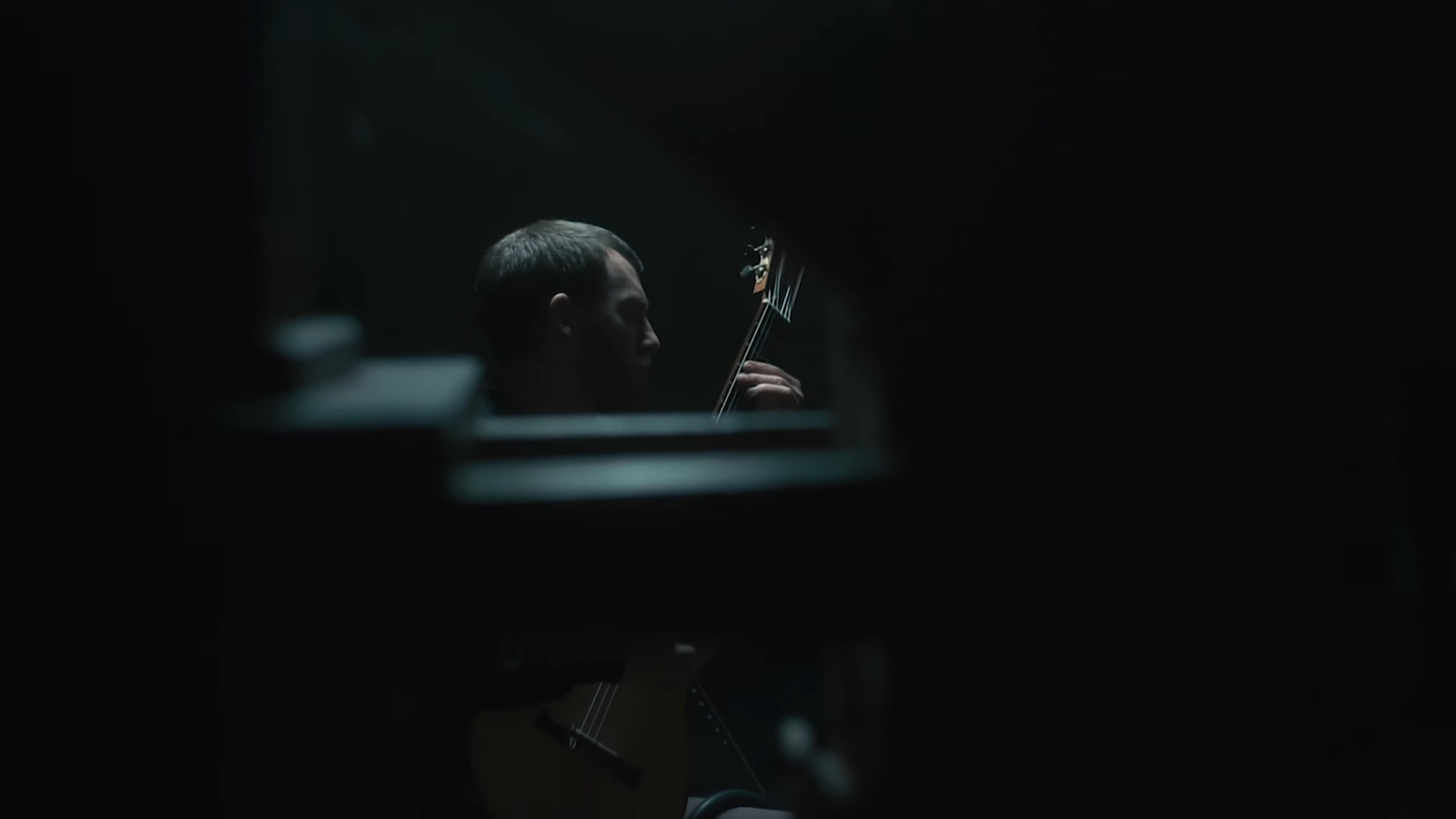
Planet Anarres is a collaboration of Marf Mabo (camera/editing), Rica Zinn (sound direction), Gloria Höckner (dance), Jannis Wichmann (guitar) and Paula Linke (costume). Originally invited to a live performance as part of Paula Linke's exhibition "The Cheerleader Effect," the transdisciplinary team developed a film. In it, dependency relationships of organic and technological structures are explored and played with the relationship between body and sound, as well as body and object. The body, technologically expanded by the object/costume, triggers sound events, becoming a hybrid between instrument and actor. Movement and sound merge in a duet with the experimental soundscapes, forming a trio with the camera.
The title of the work refers to Ursula K. Le Guin, the feminist author of the utopian novel planet of the have-nots. In it, she describes an anarchistic, non-patriarchal society on the barren planet of Anarres and its capitalist counterpart on its sister planet, Urras. The naturalistic, almost naive poem "Whispers of heavenly death" by Walt Whitman, the composition for guitar "Tides of a current flowing" by Vivienne Olive inspired by it and the water mill Trittau as the setting of a past century become the background against which the collaborators open up common aesthetic spaces.
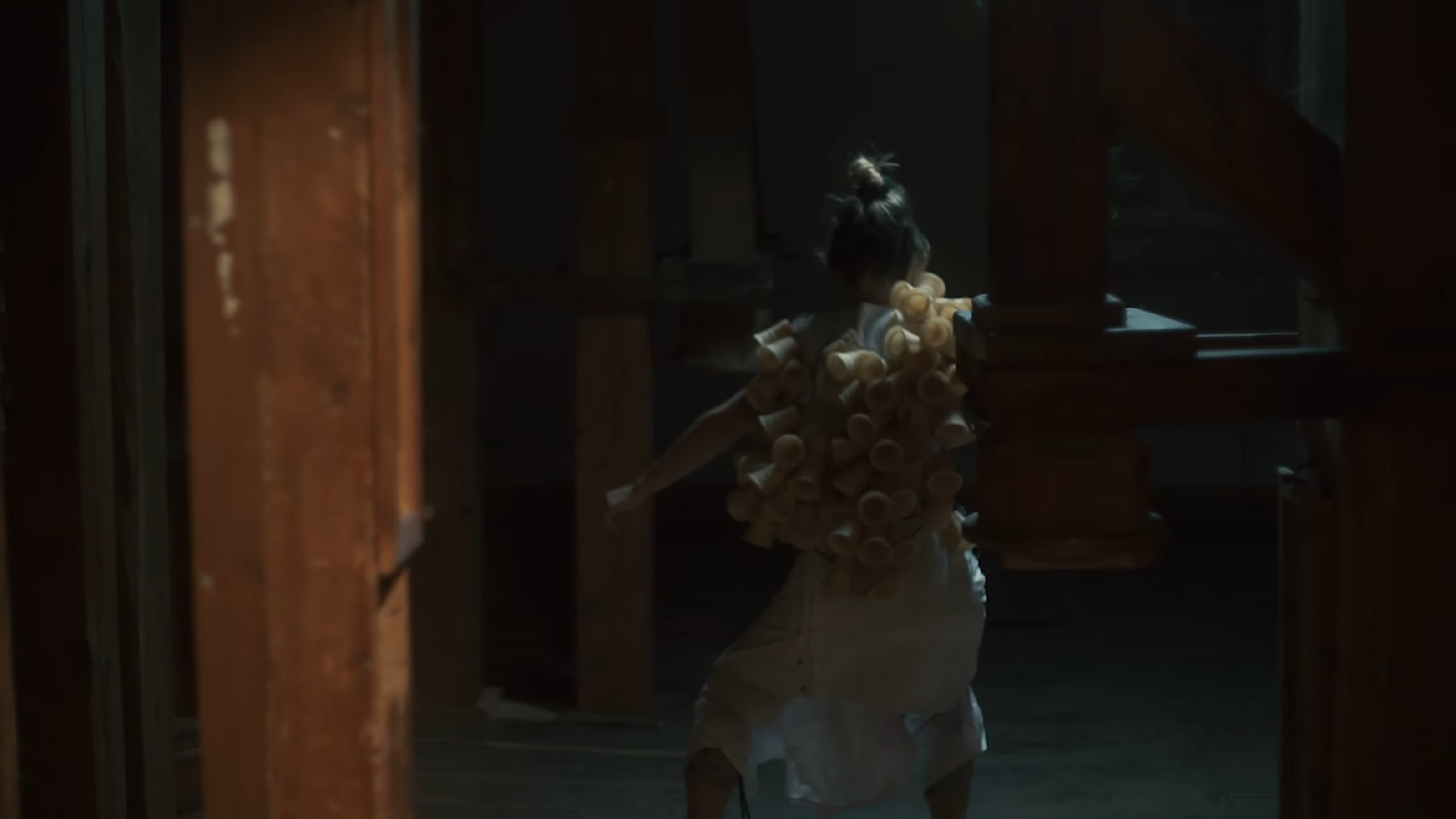
Dance - Gloria Höckner gloriahoeckner.net
Film - Marf Mabo marf.at
Costume - Paula Linke paulalinke.com
sound direction - Rica Zinn
Voice - Finn Ole Heinrich
To the exhibition "The Cheerleader Effect" by Paula Linke - Galerie Wassermühle Trittau
CN / Trigger Warning: sexualized violence
Through the "Was zählt!" fund for artists of the Claussen-Simon-Foundation, I received the opportunity, together with soprano Marie Sophie Richter, to spend several months researching the conception of a "critical song recital". "Critical" refers to the content often transported in our repertoire: sexist formulations, nationalism, antiziganism and many other transgressive and discriminatory formulations or contexts are conveyed in the performance. As performers, we are and have always been faced with the challenge of interpreting works on stage with whose context we cannot identify.
In the course of the research we decided to have a song by John Dowland, which in our eyes is particularly problematic, set to music. The text more or less clearly describes a rape scene, the music to it is rather upbeat and light. The American composer Kimberley Osberg set the scene to music in such a way that the music does not take the perspective of the perpetrator, but of the woman affected.
Our concert program is currently in progress and is expected to be performed in late 2021.
A post about our commission with Kimberley Osberg has appeared on her blog, it describes in great detail her compositional techniques and the result:
kimberlyosberg.com/blog/project-12-thinkst-thou-then-by-thy-feigning-guitar-knowledge
A report on our research project has been published on the website of the Claussen-Simon-Stiftung: claussen-simon-stiftung.de/de/blog/das-lied-kann-ja-nichts-dafuer
Sponsored by the Claussen-Simon-Stiftung.
With multimedia artist and musician Rica Zinn, I launched "That Dazzling Light" in February 2020, a concert format of light and sound, live visuals and concert guitar.
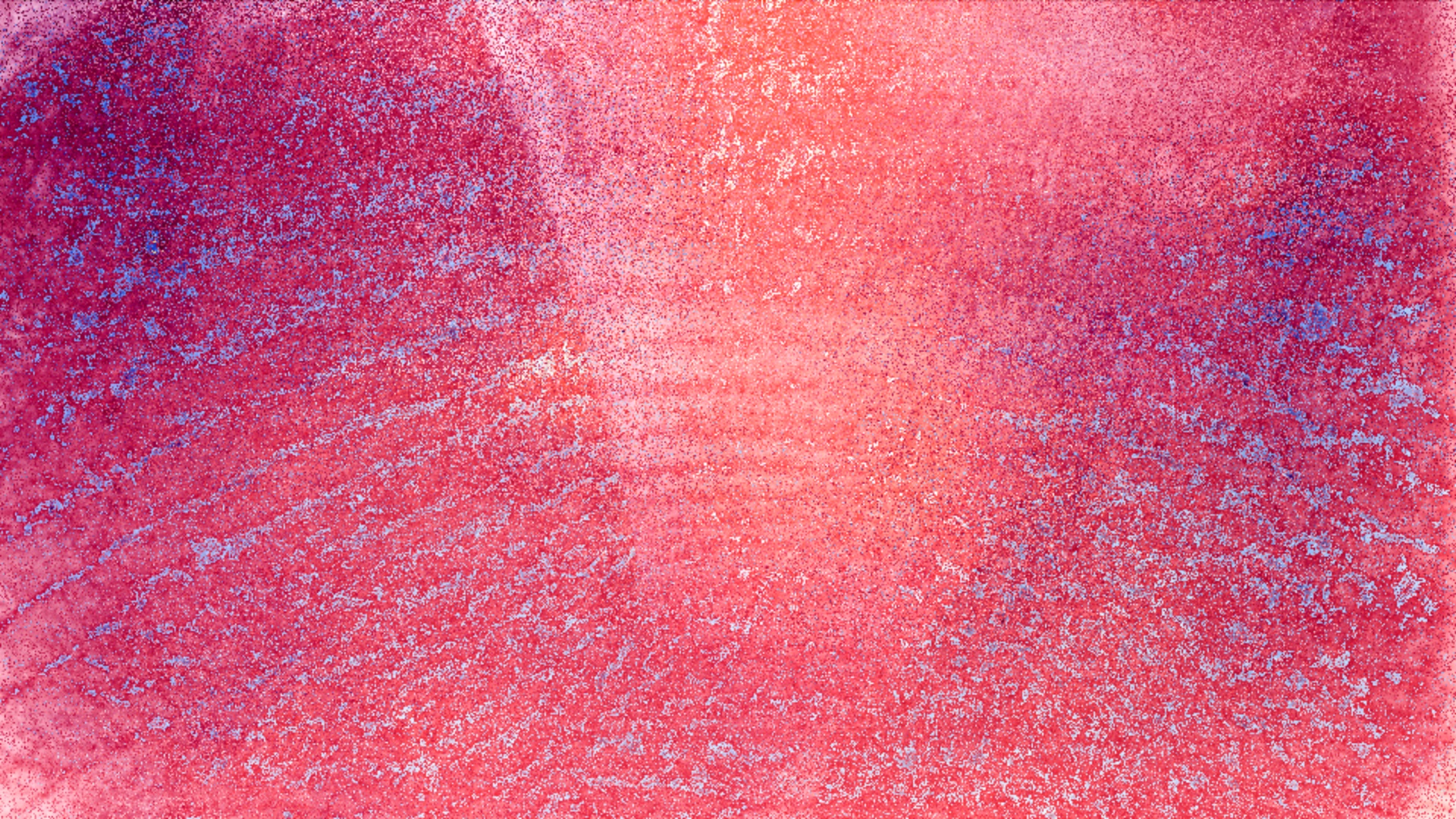
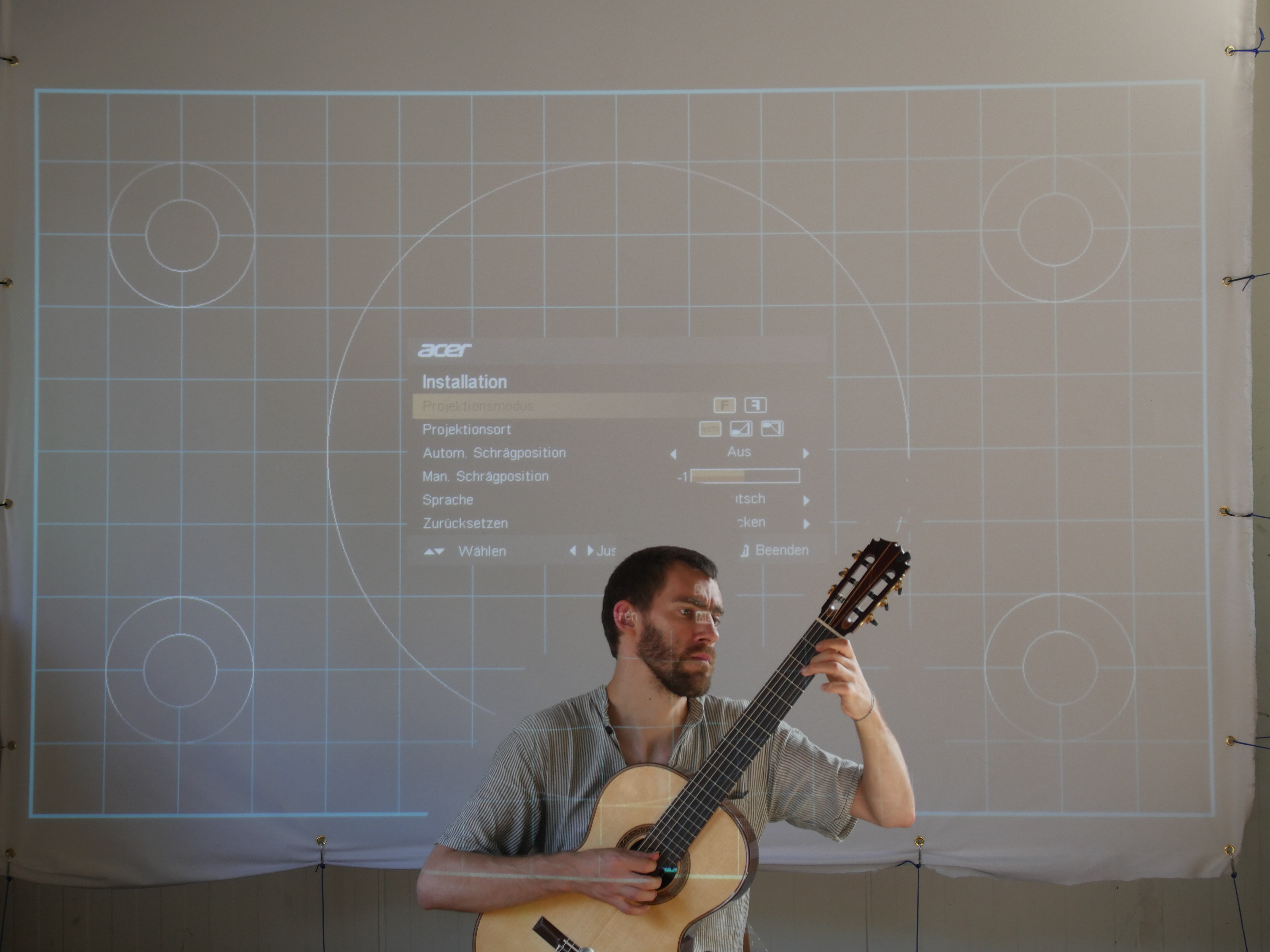
Rica Zinn programs patches that react independently to audio signals. Thus, pixel clouds are stimulated by the frequencies of the music and begin to move in swirls to the music. Distortions, glitches and analog video aesthetics meet sophisticated, expressive and virtuosic guitar music.
A first interim was funded by the Kulturstiftung Hamburg within the framework of "Kunst kennt keinen Shutdown" .
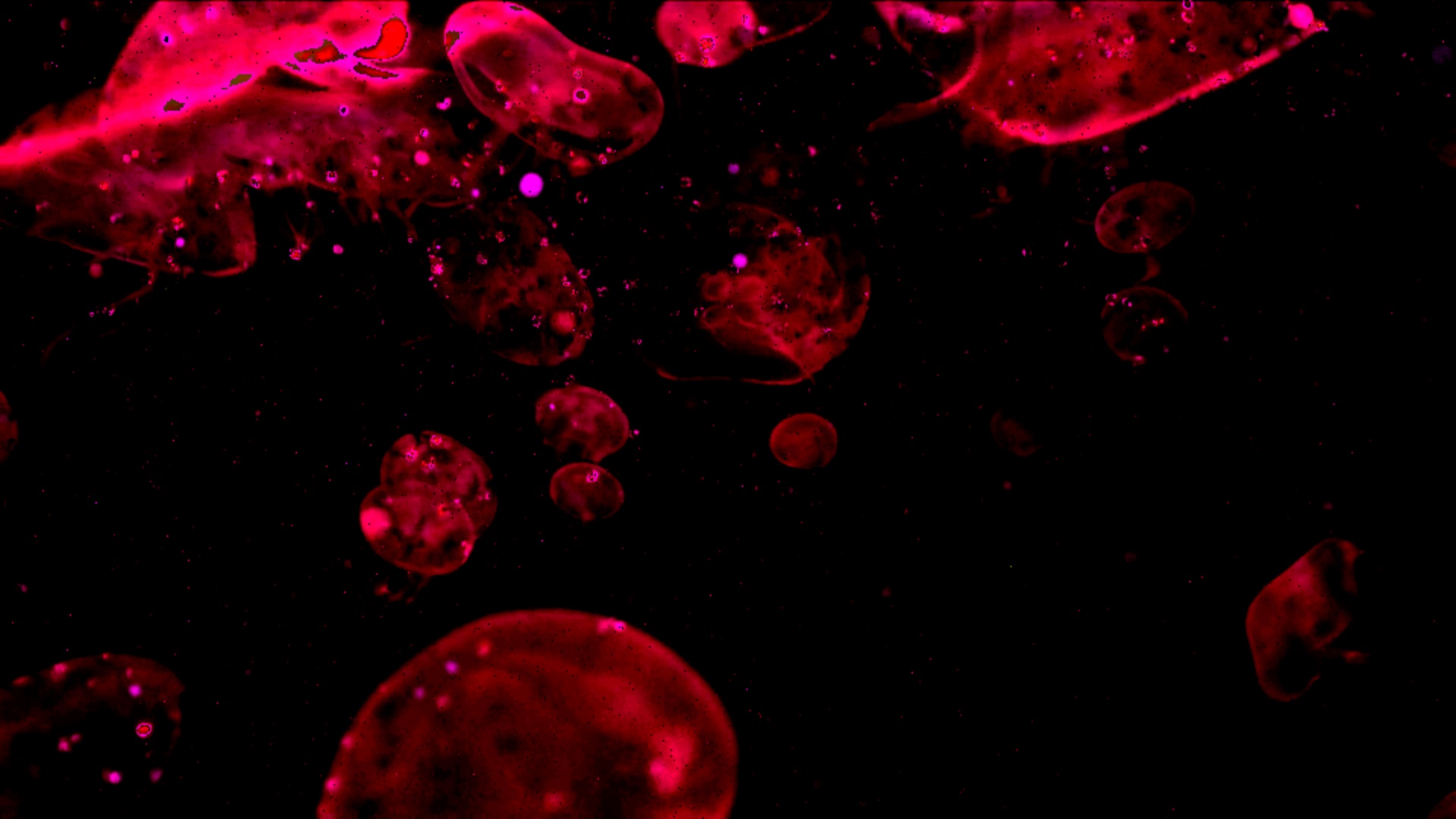
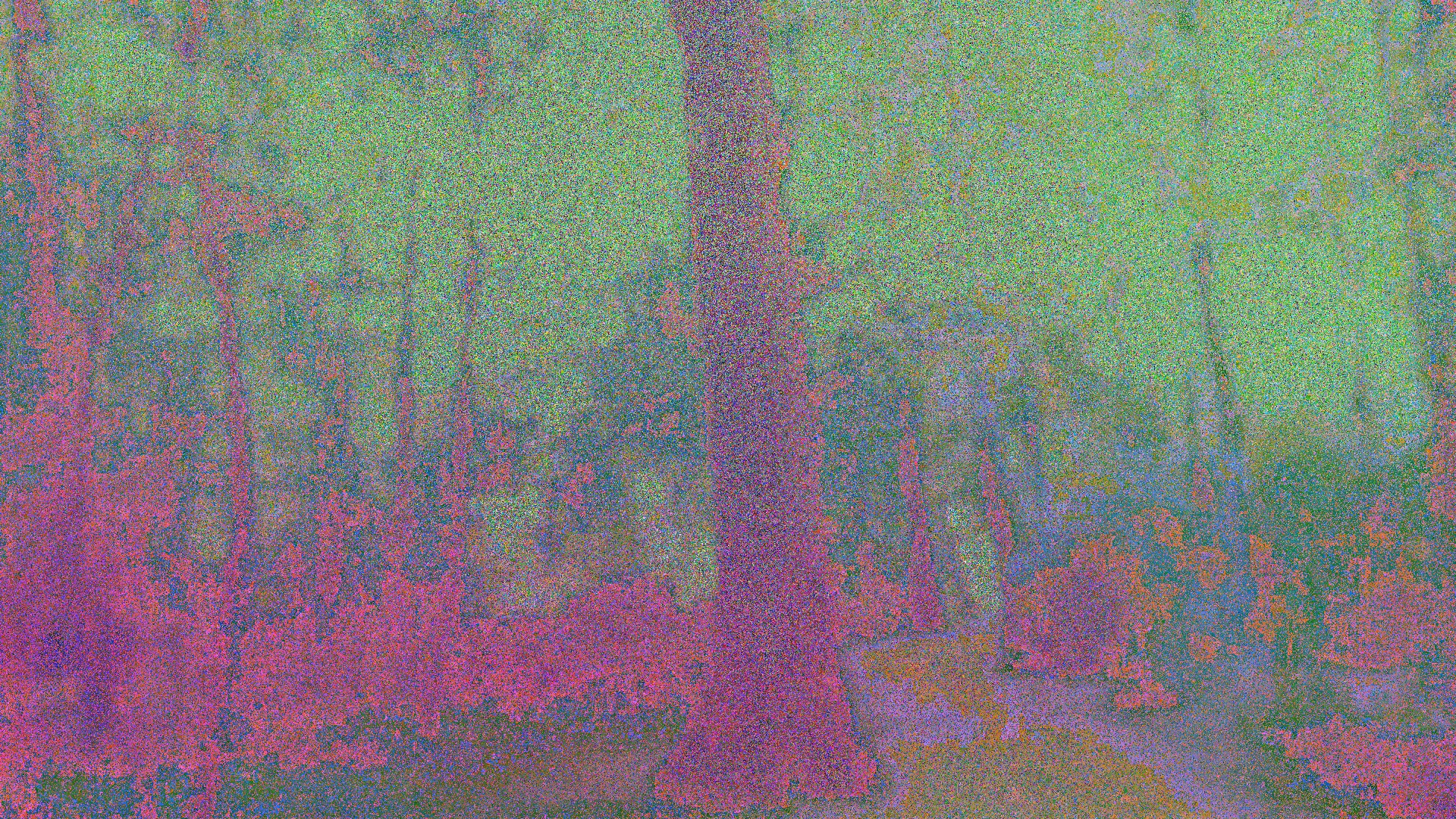
On the debut album "Konfrontation" the title is program. Four very different works confront each other in strong contrasts and span a wide arc around the musical globe of the 20th century. At the center of the album is "Konfrontation" by Wolfgang Bartsch - in the titular work for prepared guitar, bell-like sound worlds and percussive, nasal rhythms collide. But the clash is also already inherent in the other works: Impressionism meets Mexican folklore (Sonata III), Anatolian music resounds through the filter of a Western instrument and composer (Koyunbaba), the cathedral in Montevideo and the hustle and bustle of the city are contrasted as opposing inspirations (Catedral).
Between the guitar works, one can listen to recordings of a Moroccan trip, which are both resting points and transitions between the compositions: a fountain full of frogs near a harvest festival, singing canaries on a busy main street, improvising street musicians in Casablanca, and the breaking waves at the Hassan II. Mosque.
"Konfrontation" was released in 2019 by Aliso Records (Bremen).
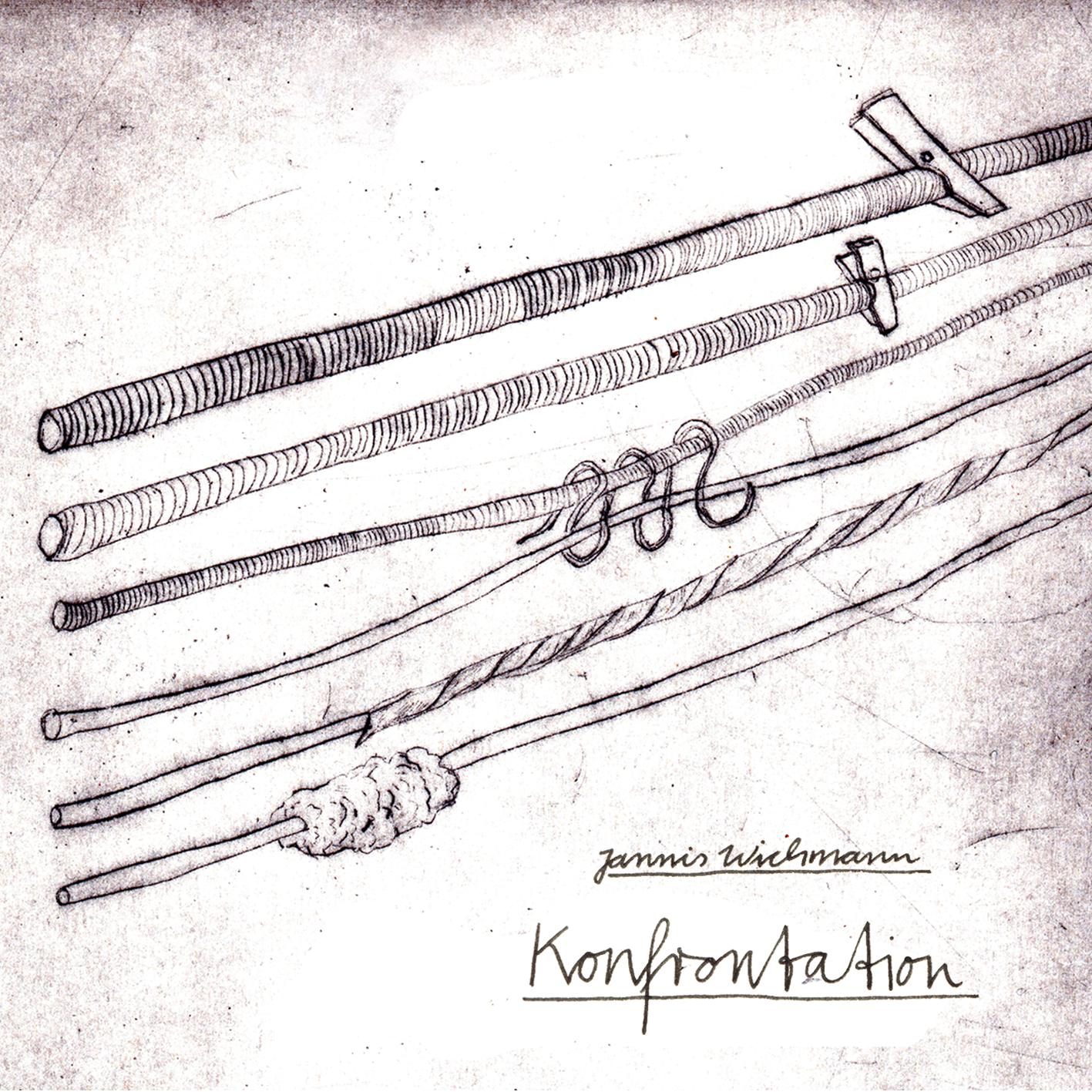
Artwork: Natalie Langer

00:00
10:28
Wolfgang Bartsch - Konfrontation

00:00
15:32
Carlo Domeniconi - Koyunbaba

00:00
16:01
Manuel M. Ponce - Sonate III
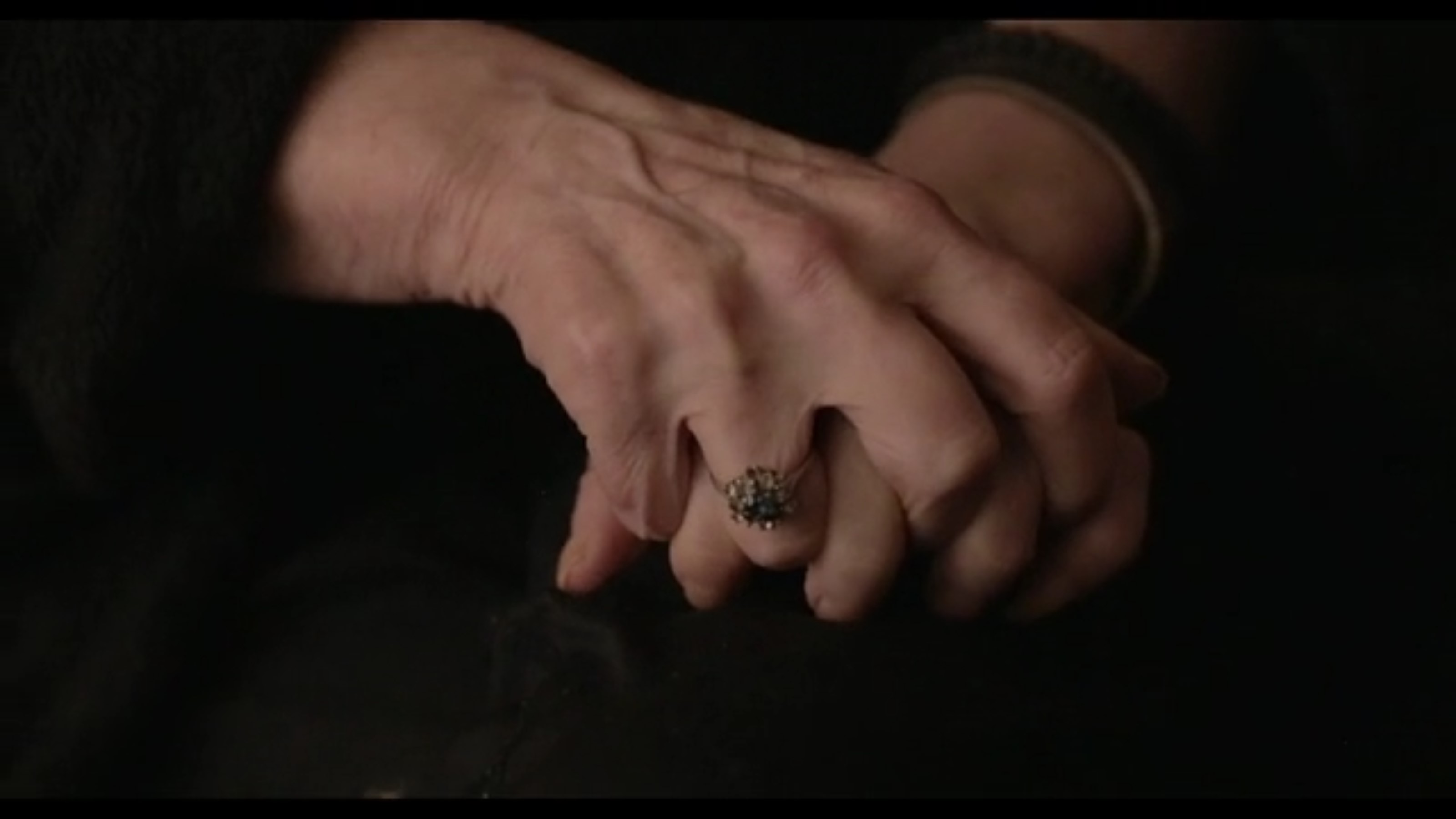
"A life in search of love and on the run from loneliness. Kerassa is 17 years old when a marriage takes its course, beginning with a kidnapping and ending in a psychiatric hospital. Despite everything, the longing remains: To find someone and not be alone. "
For the documentary "Drama" by Viola Maiwald, Felix Burchardt & Malte Radtki I composed and produced the music in winter 2017/18.
With deep basses, pearly arpeggios and shimmering flagolettes, the guitar music traces Kerassa's memories. Somewhere between reality and dream, departure and end, abyss and confidence. To get closer to the images and Kerassa's special voice and her story, the guitar strings were partially retuned. This is how the opening chord was created - a sound without bottom, floating, accusing and almost like a cry for help.
"Drama" was selected for the 2018 Lumix Festival, won the Audience Award at the 13° Festival, and received Bronze at the 73rd College Photographer of the Year in the Multimedia Group Story or Essay category.
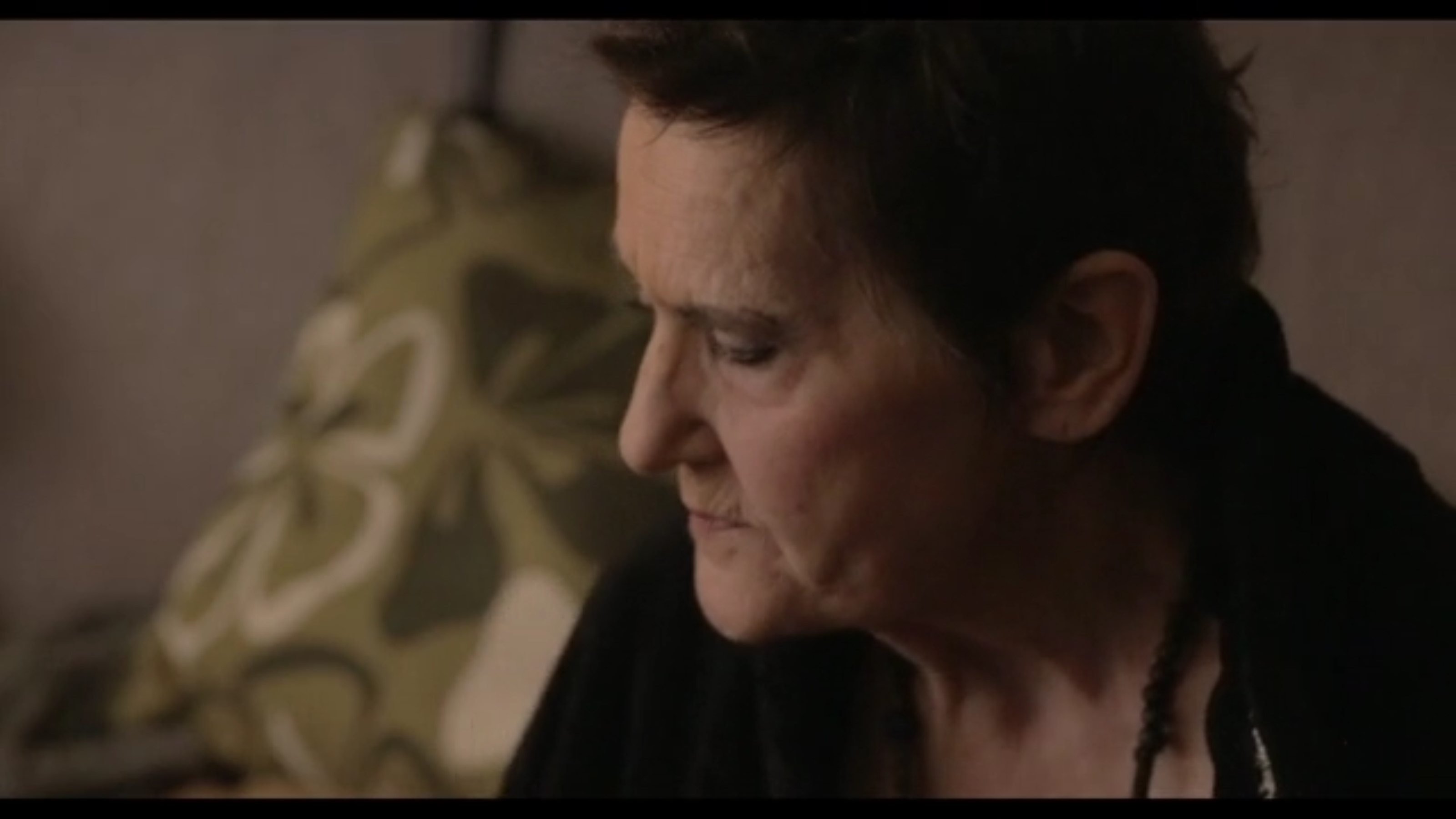
In 2013, Mairisch Verlag published the audio book of Finn-Ole Heinrich's coming-of-age novel "Räuberhände". Finn Ole Heinrich's engaging voice and the broken, "dirty" soundtrack by me form a captivating unity. The material of the music are field recordings, electronic sounds and alienated instruments.
"In his clear, very own language, Finn-Ole Heinrich describes the difficult time of growing up as the story of a great search: for what constitutes friendship, for love, for home, for security and identity. The narrator takes us on a journey that sometimes hurts, but always touches" (Mairisch Verlag).
"A great listening experience, thanks to Finn-Ole Heinrich's excellent performance and virtuoso music and sound accompaniment!" - NDR Kulturtipp
Finn-Ole Heinrich wraps all this up in a simple narrative tone. Only gradually do the connections become clear. The music, sometimes just a note or a noise, provides the fitting soundtrack to this life that is somehow on a quest. " - SWR 2
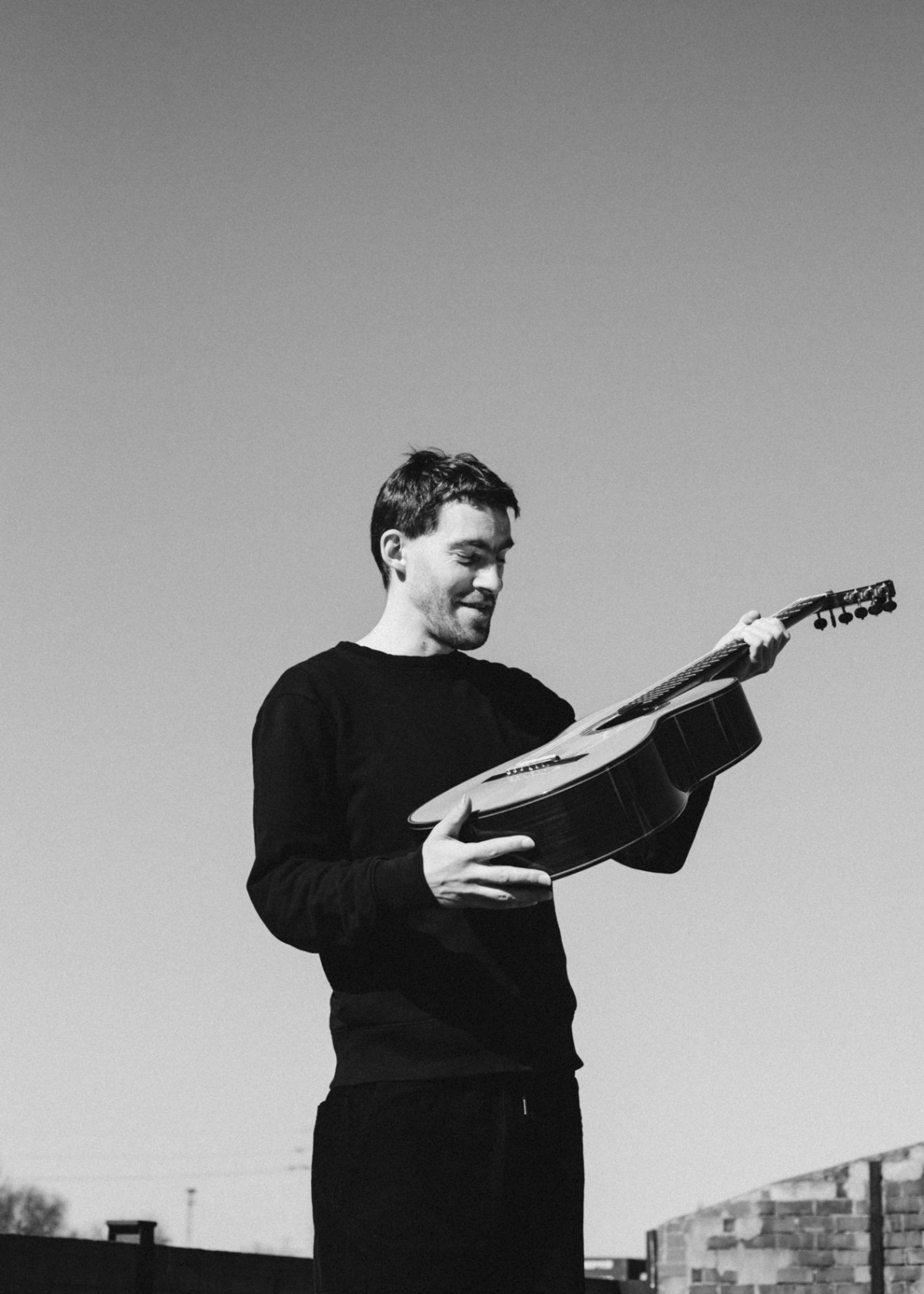
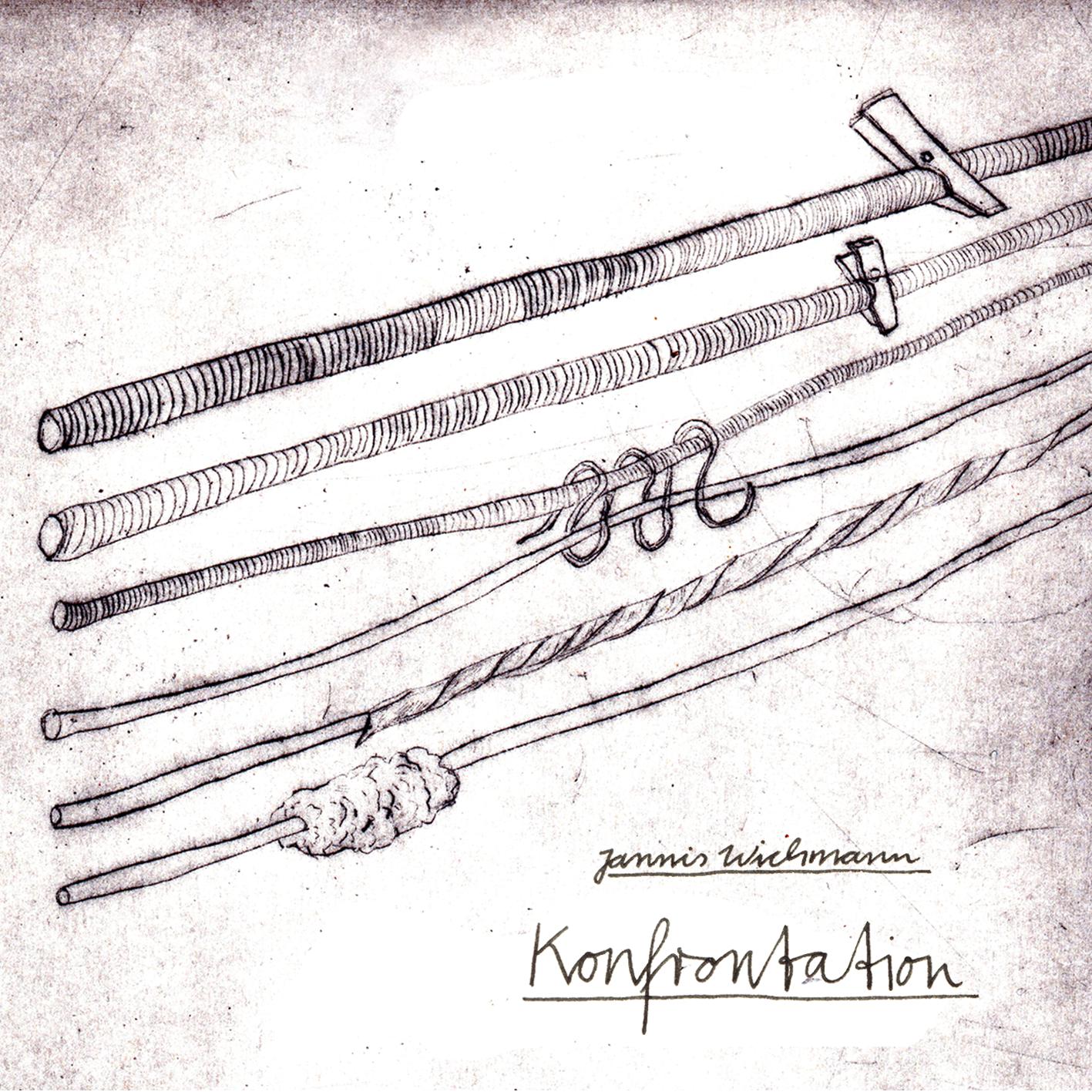
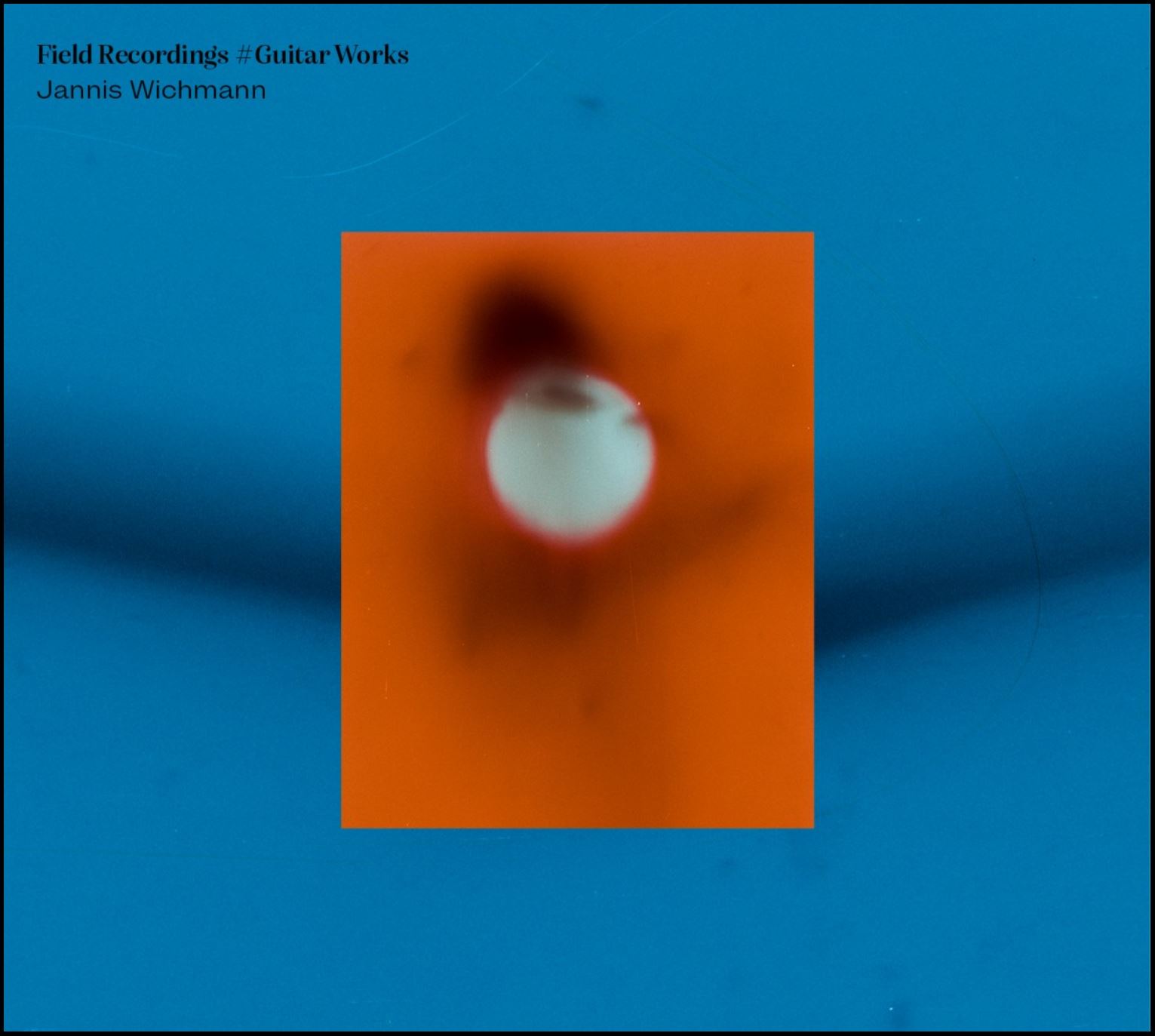
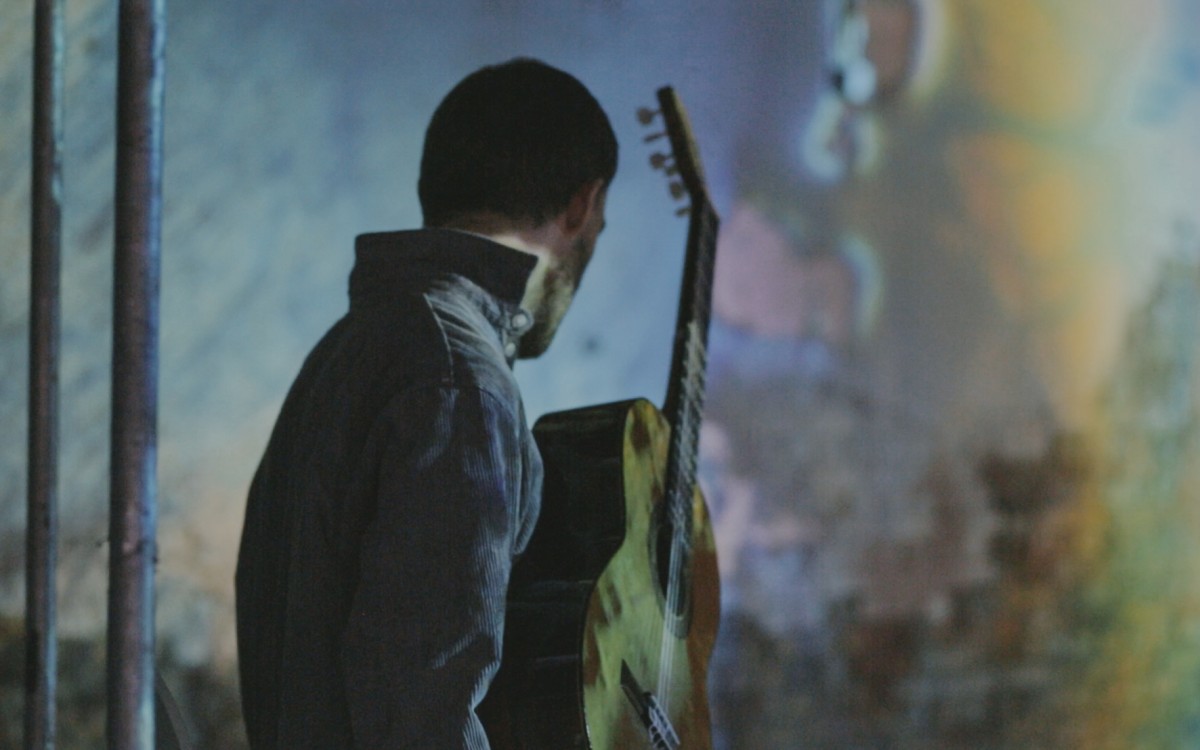

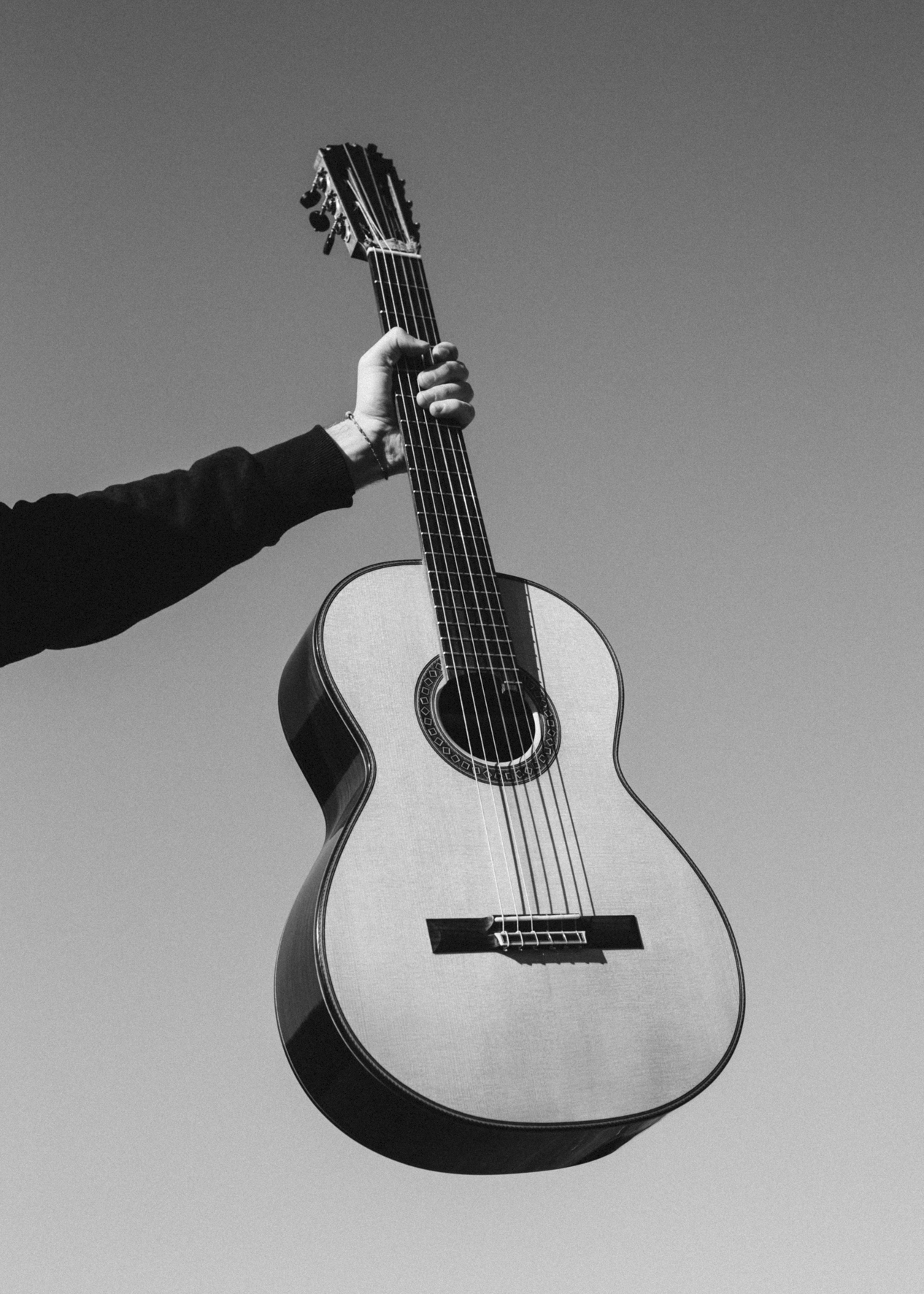
 14.06.25
14.06.25 11.04.25, 12.04.25
11.04.25, 12.04.25 2023
2023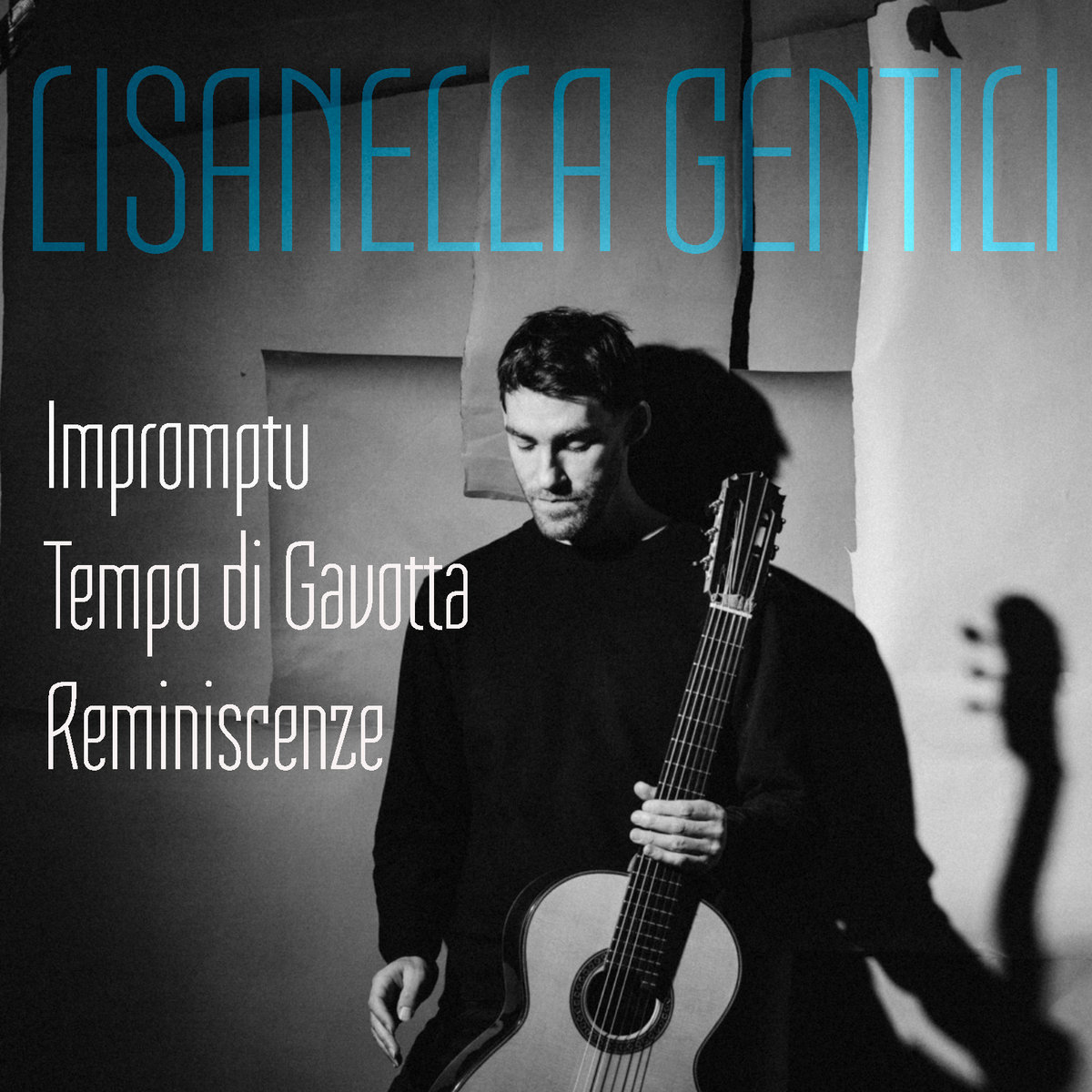 2023
2023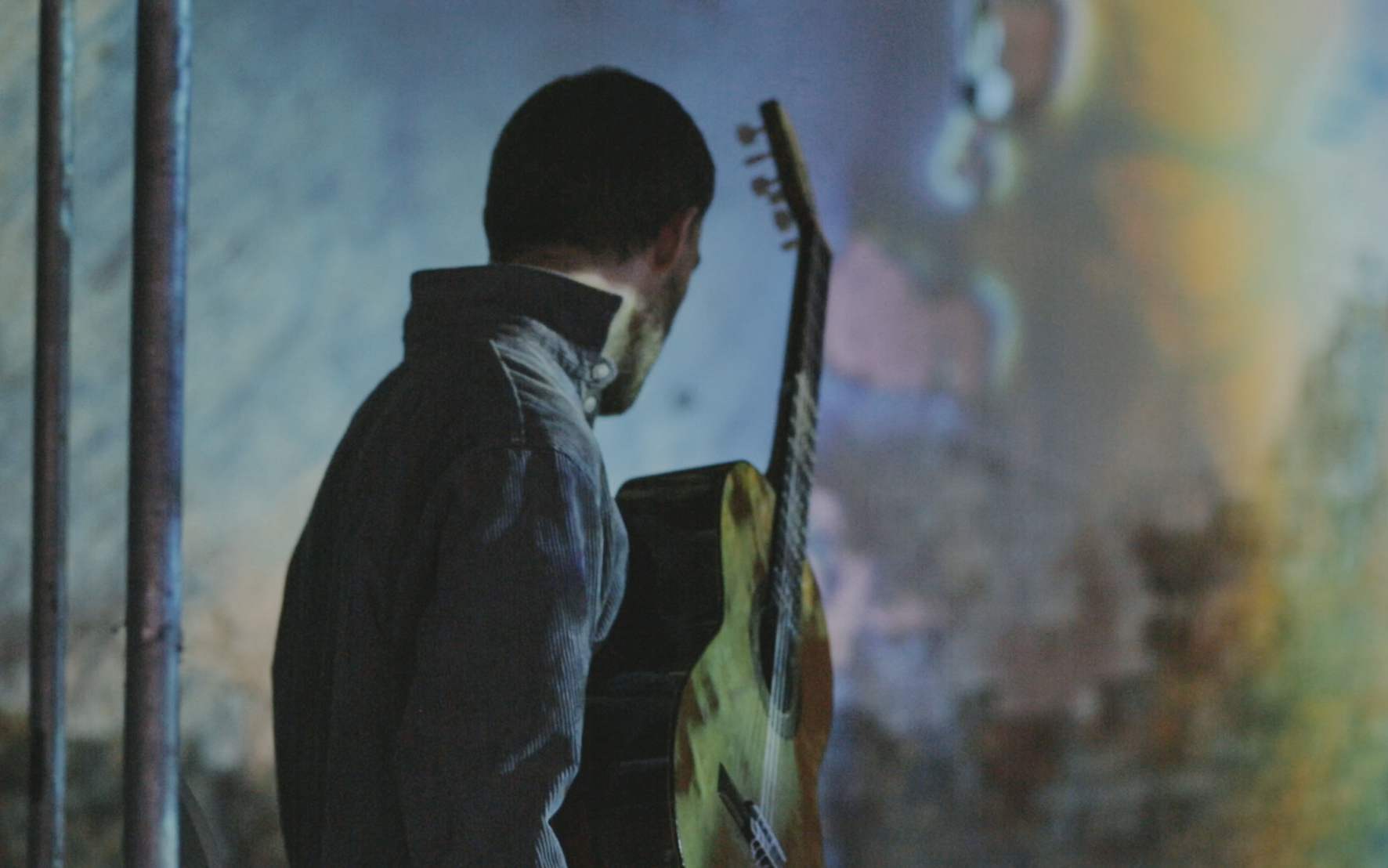

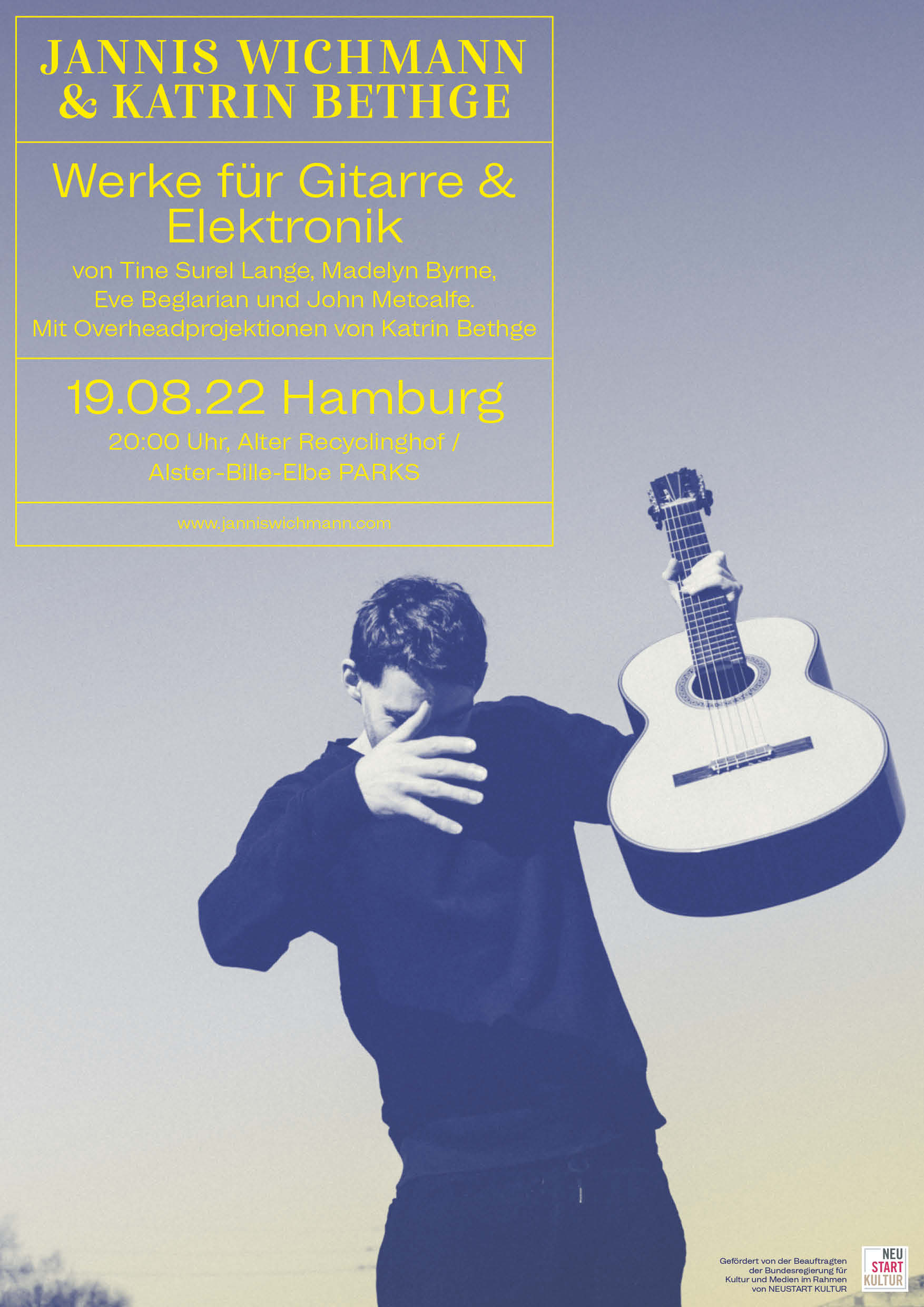 2022
2022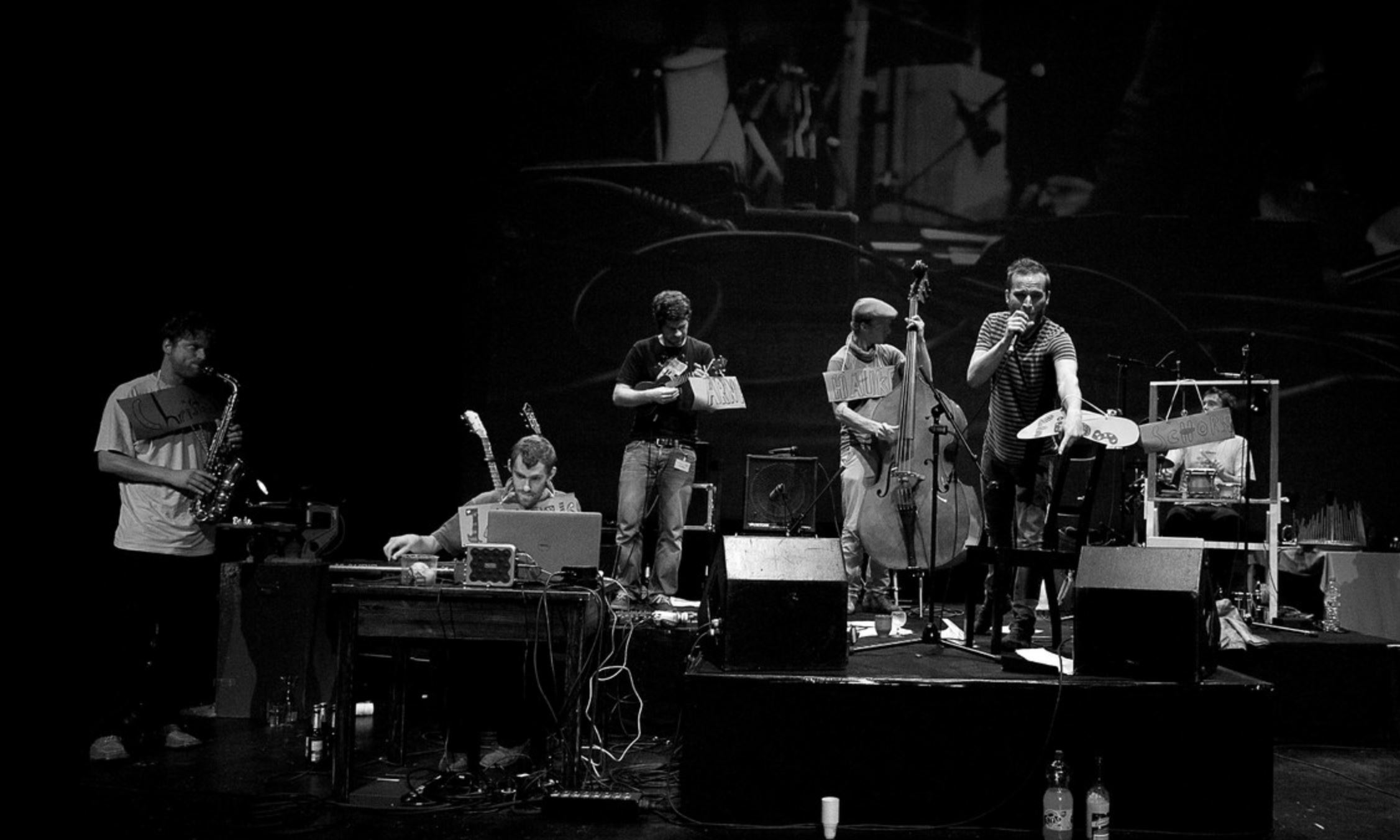
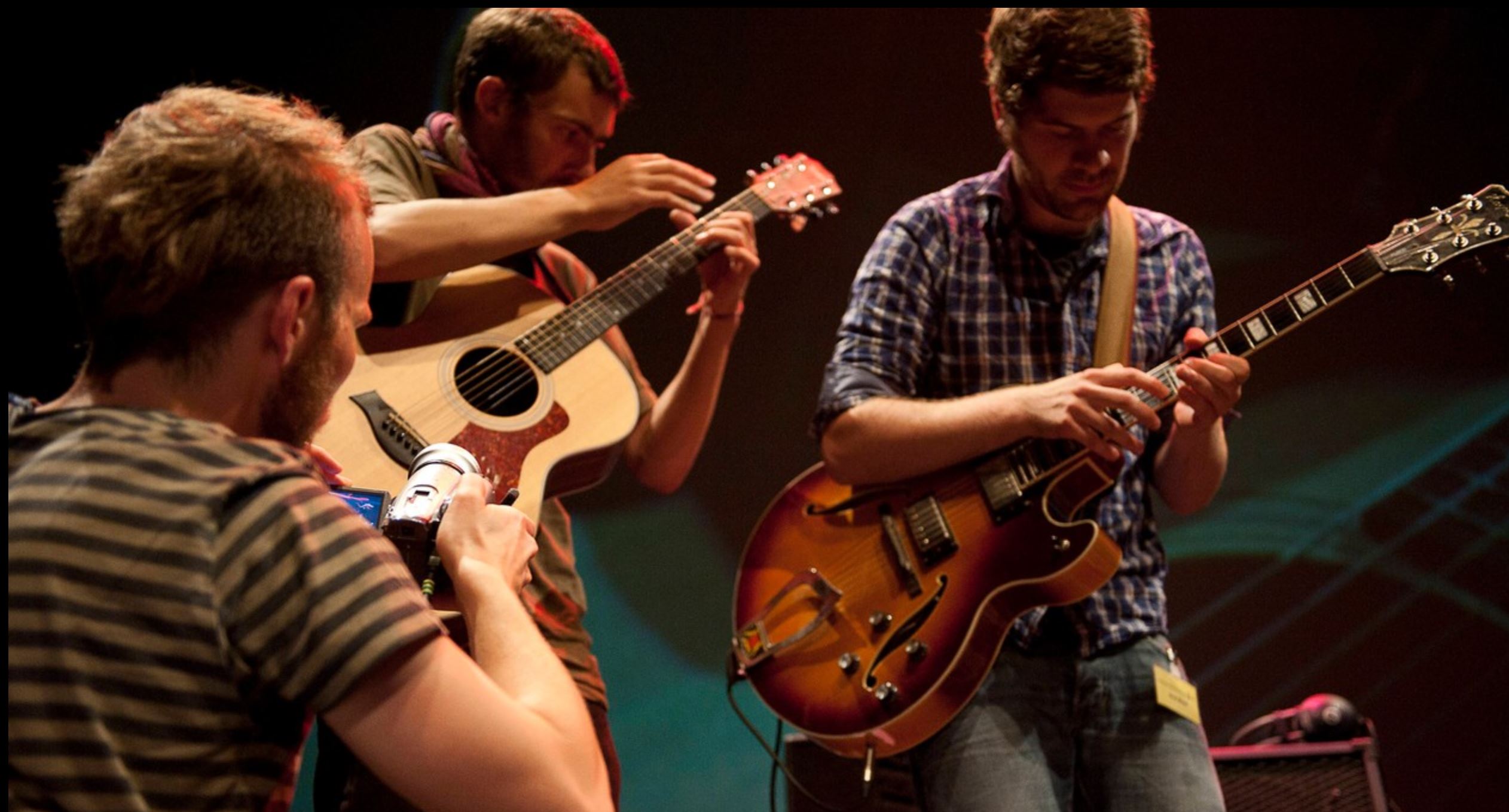 2011-13, 2022
2011-13, 2022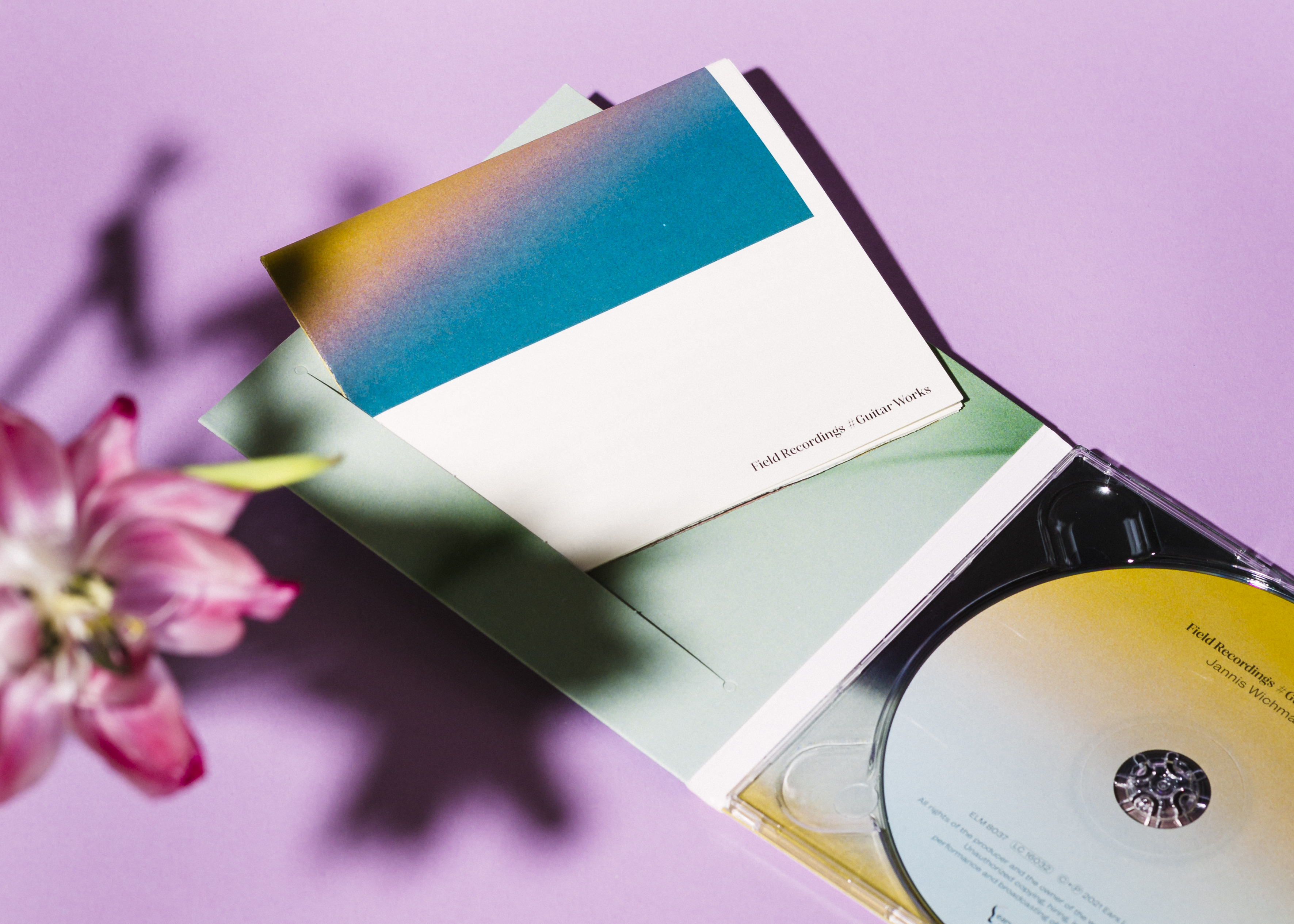


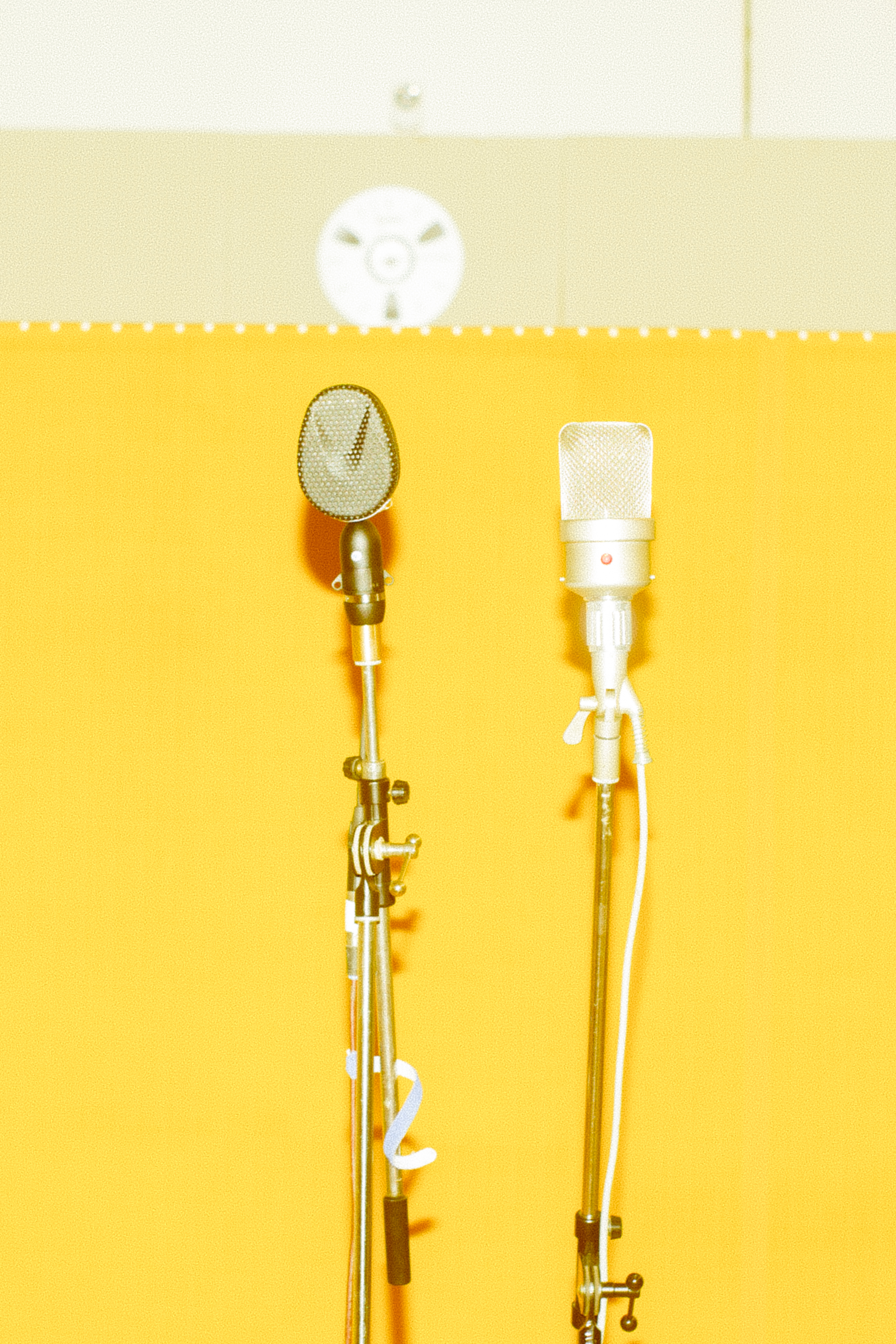 2020, 2021
2020, 2021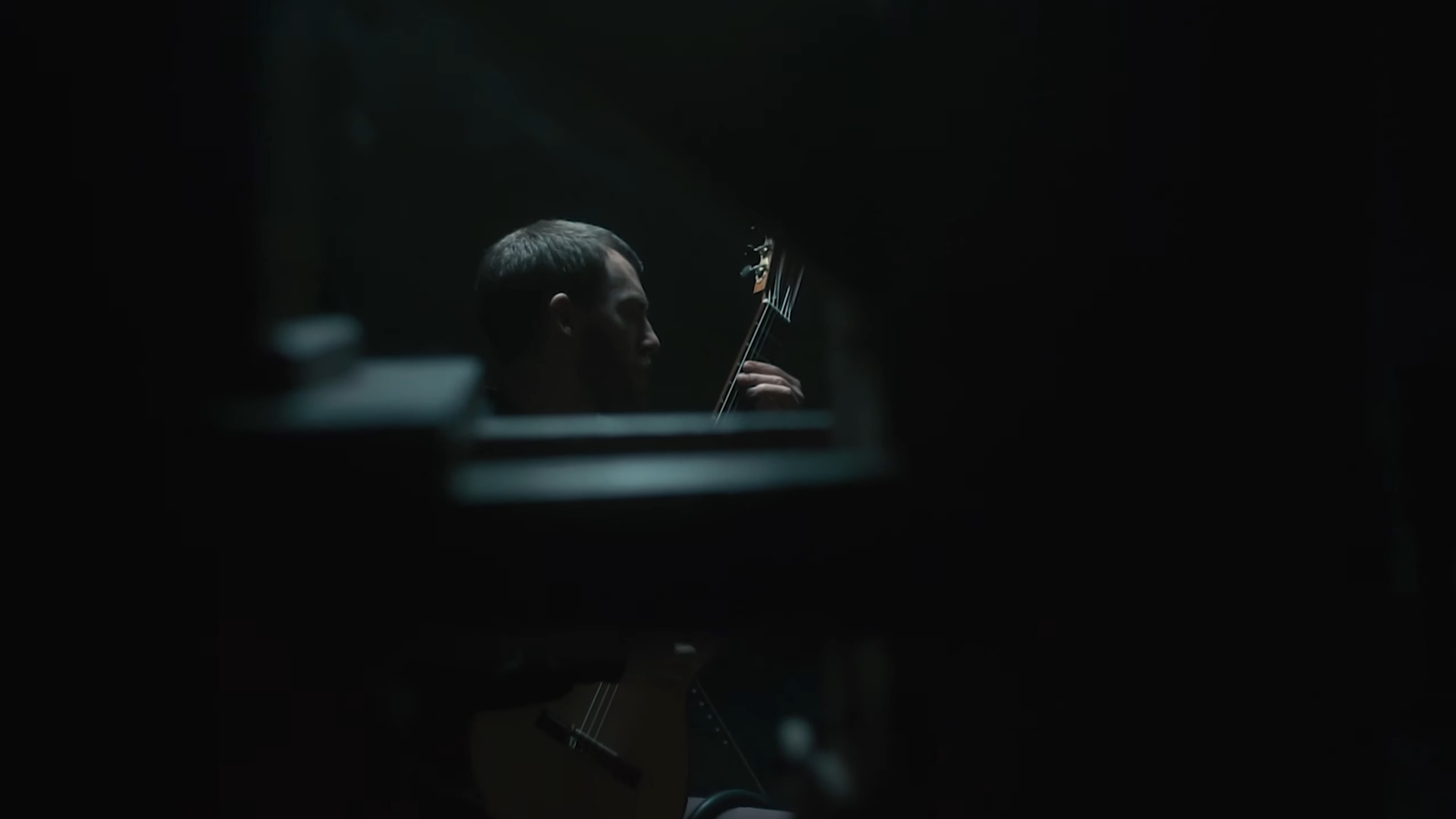
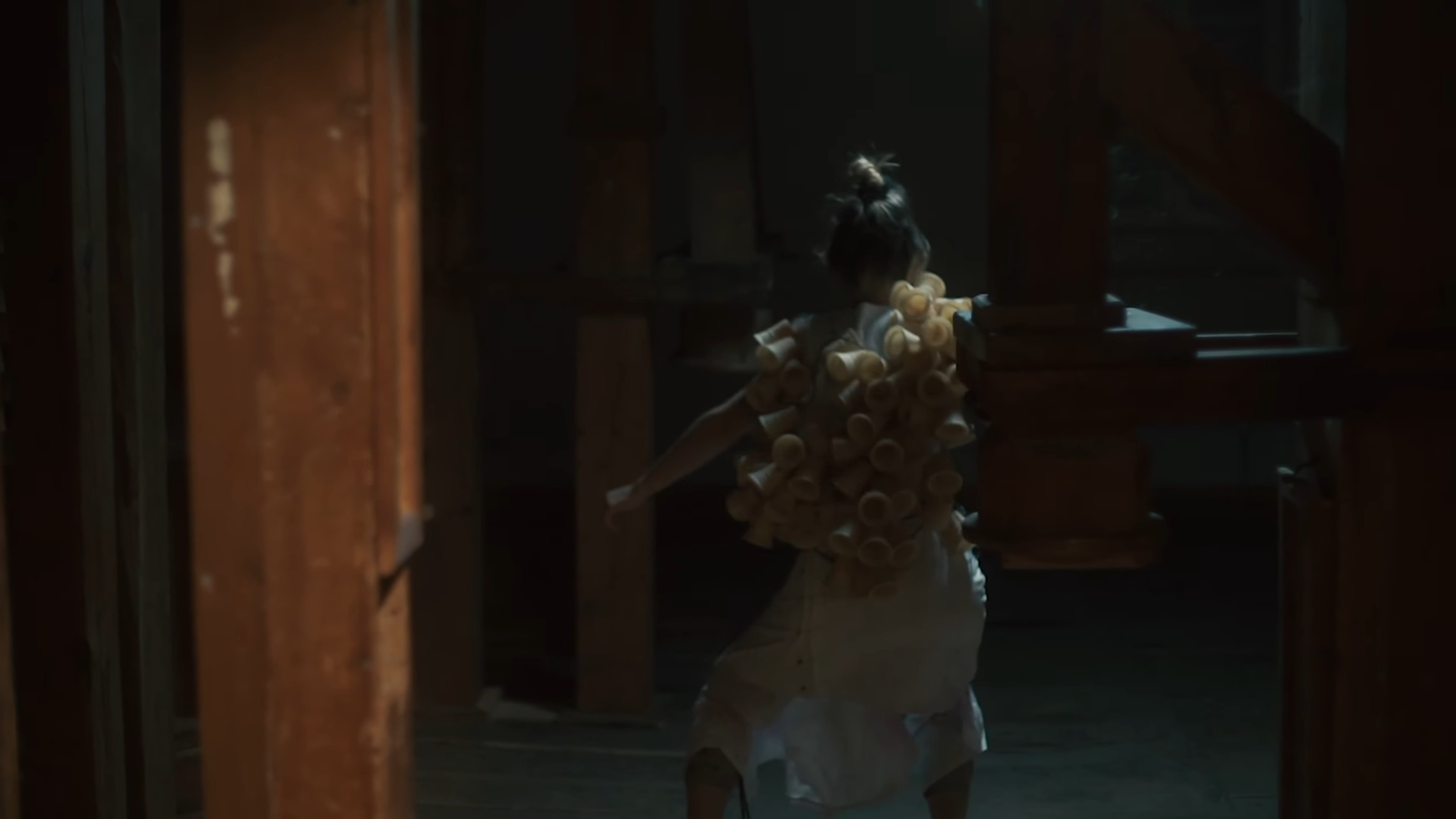 2020
2020